The MIT Energy Initiative will hold the Future Energy Systems Center Fall Workshop on November 19-20, 2024.
The workshop will feature sessions on various decarbonization topics presented by speakers from MIT, industry, academia, and government.
Member company attendees will participate in the Center Advisory Committee meeting. This interactive meeting provides Member companies a platform to express their interests and priorities, helping shape the Center’s next project selection cycle.
Attendance at the Fall Workshop is restricted to Members of the Future Energy Systems Center and invited members of the MIT Community.
Agenda
| Tuesday, November 19 | |
| 8:00-8:45 am ET | Breakfast and registration |
| 8:45-9:00 am ET | Welcome Morgan Andreae, Executive Director, Future Energy Systems Center, MIT Energy Initiative William H. Green, Director, MIT Energy Initiative; Hoyt C. Hottel Professor, MIT Department of Chemical Engineering |
| 9:00-10:15 am ET |
Actionable AI/ML in smart grid Keith J. Benes, Senior Advisor, Office of Policy, U.S. Department of Energy Paul Hines, Vice President, Power Systems and Chief Scientist, EnergyHub Mingguo Hong, Principal Analyst, ISO New England Le Xie, Gordon McKay Professor of Electrical Engineering, Harvard John A. Paulson School of Engineering and Applied Sciences Moderated by: Deepjyoti Deka, Research Scientist, MIT Energy Initiative |
| 10:15-10:30 am ET | Break |
| 10:30 am-12:00 pm ET |
New Future Energy Systems Center project kickoffs round 1
Moderated by: Kate Ahern, Program Manager, Future Energy Systems Center, In person only: Breakout discussions with project teams |
| 12:00-1:00 pm ET | Lunch |
| 1:00-2:30 pm ET |
New Future Energy Systems Center project kickoffs round 2
Moderated by: Kate Ahern, Program Manager, Future Energy Systems Center, In person only: Breakout discussions with project teams |
| 2:30-3:00 pm ET | Break |
| 3:00-4:15 pm ET |
Geothermal solutions for decarbonizing space conditioning in buildings Tunca Alikaya, Drilling Operations Manager, Celsius Energy, SLB Nikki Bruno, Vice President, Clean Technologies, Eversource Energy Xiaobing Liu, Senior Staff Scientist and Group Leader, Oak Ridge National Laboratory David T. Wang, PhD ’17, Technology Manager, Geothermal Technologies Office, U.S. Department of Energy Moderated by: Pablo Duenas-Martinez, Research Scientist, MIT Energy Initiative |
| 4:15-5:00 pm ET |
Project highlights by students and postdocs
Moderated by: Kate Ahern, Program Manager, Future Energy Systems Center, |
| 5:00-7:00 pm ET | Poster session and reception |
| Wednesday, November 20 | |
| 8:00-9:00 am ET | Breakfast and registration |
| 9:00-11:00 am ET | Future Energy Systems Center Advisory Committee Meeting Kate Ahern, Program Manager, Future Energy Systems Center, MIT Energy Initiative |
| 11:00-11:15 am ET | Break |
| 11:15 am-12:30 pm ET |
The role of data centers towards grid reliability Ayse K. Coskun, Professor, Department of Electrical and Computer Engineering, and Director, Center for Information and Systems Engineering, Boston University Jake Rasweiler, Senior Vice President of Innovation, American Tower Venkat Tirupati, Vice President, DevOps and Grid Transformation, Electric Reliability Council of Texas Moderated by: Anuradha Annaswamy, Senior Research Scientist and Founder and Director, Active-Adaptive Control Laboratory, MIT Department of Mechanical Engineering |
| 12:30-1:30 pm ET | Lunch |
| 1:30-2:45 pm ET November 20 afternoon sessions are also open to the MIT Climate & Sustainability Consortium |
Decarbonizing thermal processes Gretchen Baier, R&D Executive External Strategy Leader, Dow Luis González-Portillo, Associate Professor of Energy Engineering, Universidad Politécnica de Madrid Luke McLaughlin, Senior R&D Mechanical Engineer, Sandia National Laboratories Nestor Sepulveda, Associate Partner, McKinsey & Company Moderated by: Ruaridh Macdonald, Research Scientist, MIT Energy Initiative |
| 2:45-3:00 pm ET | Break |
| 3:00-4:15 pm ET |
Decarbonizing heavy duty transportation Jared Hightower, SVP of Commercial, ANGI Energy Systems Jennifer Morris, Principal Research Scientist, MIT Center for Sustainability Science and Strategy and MIT Energy Initiative John Pendray, Senior Technical Advisor-Technology Development, Cummins James Szybist, Section Head, Propulsion Science, Oak Ridge National Laboratory Moderated by: Morgan Andreae, Executive Director, Future Energy Systems Center, |
| 4:15 pm ET | Closing remarks Morgan Andreae, Executive Director, Future Energy Systems Center, MIT Energy Initiative Jeremy Gregory, Executive Director, MIT Climate & Sustainability Consortium |
| 4:45 pm ET | Poster session and reception hosted by MIT Climate & Sustainability Consortium Location: Building 55 lobby |
About the speakers
Kate Ahern
Program Manager, Future Energy Systems Center, MIT Energy Initiative
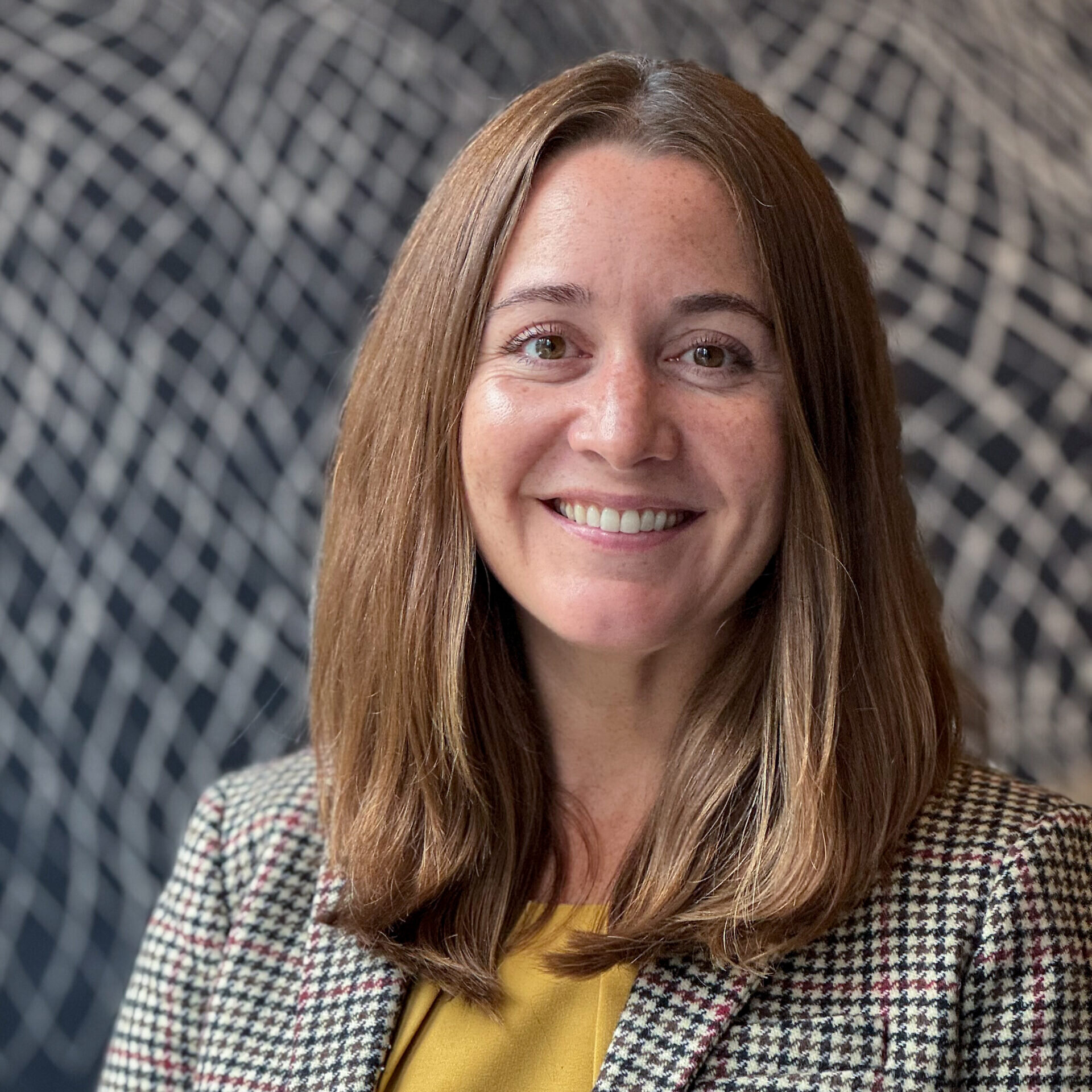
Kate Ahern is the Future Energy Systems Center’s program manager. She manages operations for over 40 decarbonization projects, empowering the Center’s 38 member companies to make informed, strategic decisions regarding their own decarbonization efforts. Previously, Kate worked at Harvard Business School, managing Professor Michael Porter’s Microeconomics of Competitiveness (MOC) Network and disseminating Professor Porter’s Creating Shared Value (CSV) concept through Harvard Business School MBA and Executive Education courses.
She has gained valuable experience working with an environmental consulting firm in D.C. and Cleantech Open Northeast, as well as the Department of Justice and a private law firm in D.C. Kate graduated from American University with a B.A. in Interdisciplinary Studies: Communications, Legal Institutions, Economics, and Government (CLEG) and received her Master’s degree in Sustainability and Environmental Management from the Harvard Extension School.
Tunca Alikaya
Drilling Operations Manager, Celsius Energy, SLB
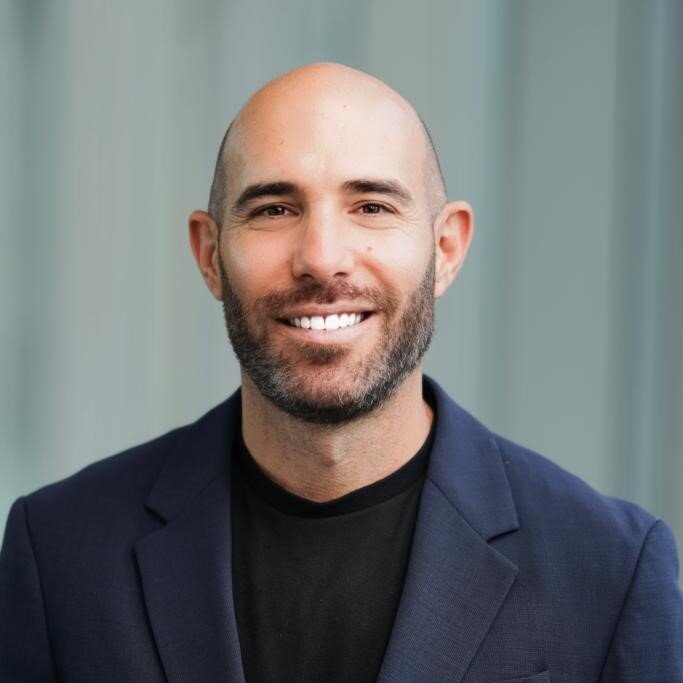
Tunca Alikaya is leading the expansion of SLB’s New Energy business, Celsius Energy, in the United States, focusing on advancing geothermal technologies for clean heating and cooling. He played a pivotal role in executing and delivering the first-of-its-kind utility-scale networked geothermal system in Framingham, Massachusetts. With over a decade of O&G experience, including ExxonMobil’s Guyana, Alikaya brings a wealth of global operational and managerial expertise to the clean energy sector. His diverse background, coupled with an MBA from MIT Sloan, equips him with a unique perspective on integrating low-carbon technologies, driving progress toward a more sustainable future.
Morgan Andreae
Executive Director, Future Energy Systems Center, MIT Energy Initiative
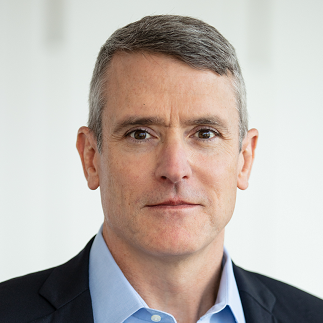
Morgan Andreae is the executive director of MITEI’s Future Energy Systems Center. Prior to joining MITEI, Andreae was the executive director of technology and innovation at Cummins where he led teams in the development of new battery, fuel cell, electrolyzer, and electric traction technologies. Over the course of his career Andreae has held a variety of roles in technology development, strategy, and product development, with a consistent focus on bringing more sustainable technology to market. Andreae holds over 25 patents on diesel, hybrid-electric, and electric powertrain technology. He has a PhD in mechanical engineering from MIT, a Masters and Bachelors in engineering from Dartmouth College, and a Bachelors in history from Haverford College.
Anuradha Annaswamy
Senior Research Scientist and Founder and Director, Active-Adaptive Control Laboratory, MIT Department of Mechanical Engineering
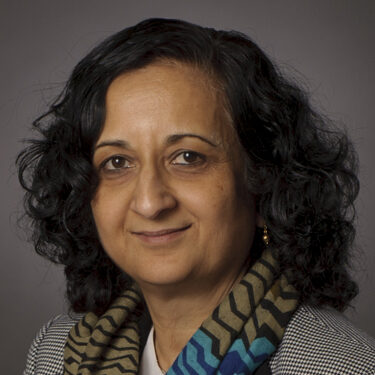
Anuradha Annaswamy is founder and director of the Active-Adaptive Control Laboratory in the Department of Mechanical Engineering at MIT. Her research interests span adaptive control theory and its applications to aerospace, automotive, propulsion, and energy systems as well as cyber physical systems such as Smart Grids and Smart Cities. She has received best paper awards (Axelby, 1986; CSM, 2010), as well as Distinguished Member and Distinguished Lecturer awards from the IEEE Control Systems Society (CSS), best paper award from the IFAC journal Annual Reviews in Control for 2021-23, and a Presidential Young Investigator award from NSF, 1991-97. She is a fellow of IEEE and International Federation of Automatic Control. She is the recipient of the Distinguished Alumni award from Indian Institute of Science.
Annaswamy has co-authored two NASEM reports, Future of Electric Power in the United States, and Role of Net-metering in the Evolving Electricity System, in the past few years, and was a co-editor of the IEEE Control Systems Society report “Control for societal-scale Challenges: Road Map 2030,” published in 2023. She is currently serving as the president-elect of the American Automatic Control Council.
Gretchen Baier
R&D Executive External Strategy Leader, Dow
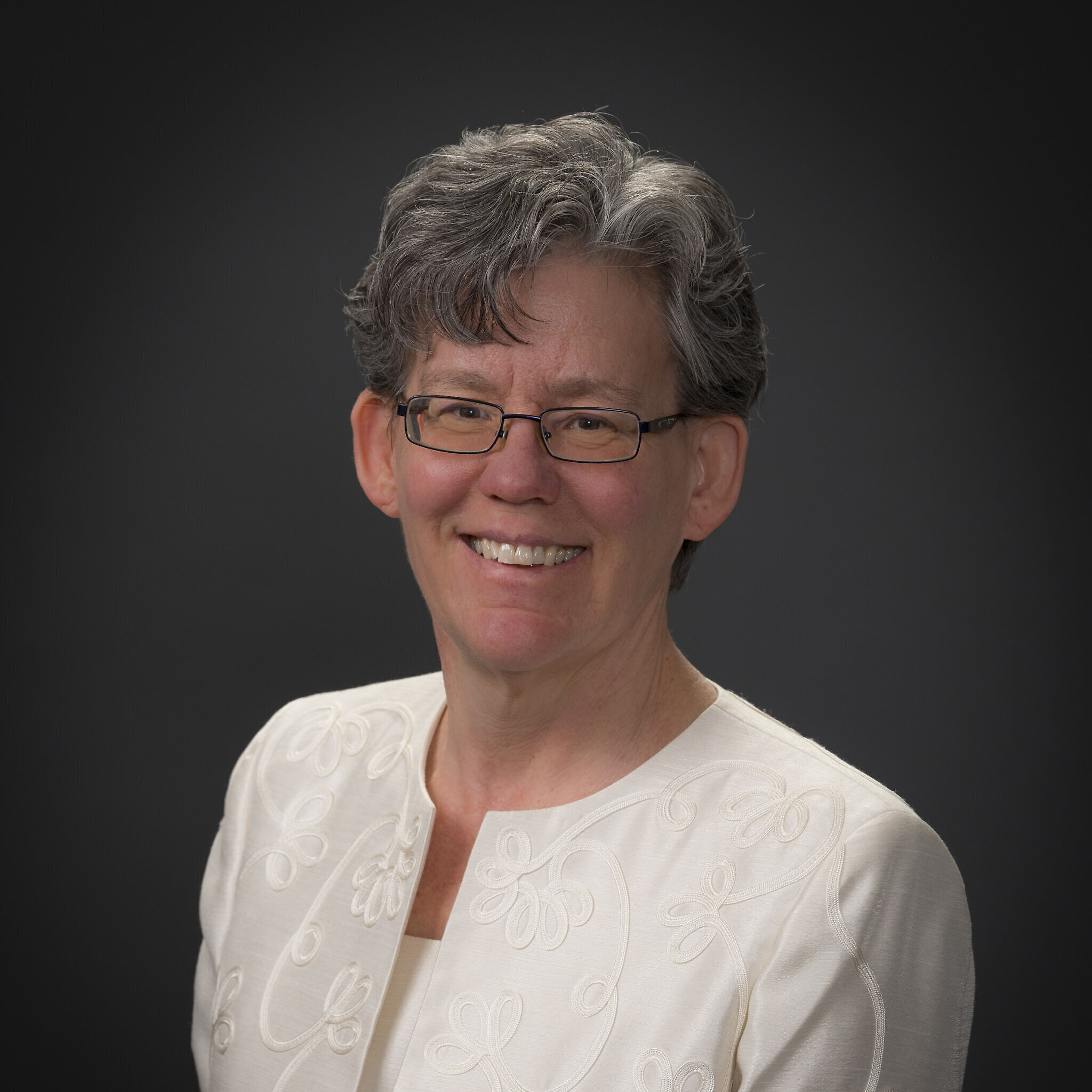
Gretchen Baier is currently R&D executive external strategy leader at Dow, where she is responsible for monitoring for disruptive technologies, being the R&D liaison to Dow’s sustainability goals, and applying for external awards that recognize Dow products or researchers. She is also secretary for Dow’s Science and Technology Advisory Council. Previously, she was associate R&D director of External Technology, leading a group responsible for creating strategic external research collaborations. Earlier, she was a technical leader in Ventures and New Business Development and a chemical engineer in the Process Optimization group and the Process Separations Skill Center. Her technical expertise is in process engineering, fluid dynamics, and chemical separations.
Prior to joining Dow, Baier was a process engineer at Dow Corning Corporation and later at Shell Oil Company. She was also co-founder of an artisan cheese company. Baier has a BS in chemical engineering from MIT and a PhD from the University of Wisconsin at Madison.
Keith J. Benes
Senior Advisor, Office of Policy, U.S. Department of Energy
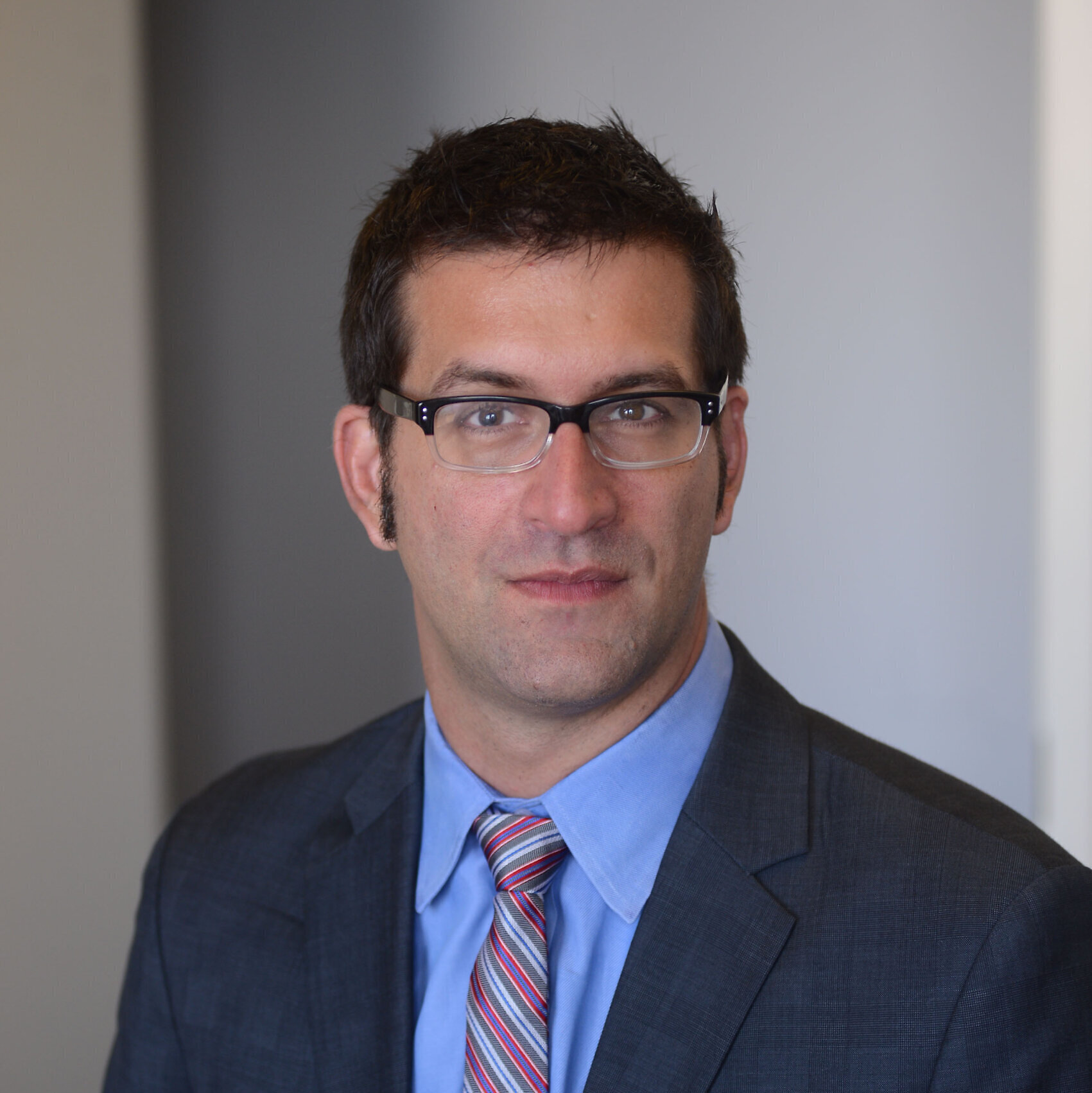
Keith J. Benes is a senior advisor in the Office of Policy at the U.S. Department of Energy focused on improving permitting and siting of clean energy infrastructure. In this role, Benes is currently spearheading DOE’s voltAIc initiative evaluating how cutting-edge artificial intelligence can be leveraged to improve permitting reviews at all levels of government. Benes co-authored the DOE report “AI for Energy: Opportunities for a Modern Grid and Clean Energy Economy.”
Benes previously provided strategic environmental consulting services to nongovernmental organizations, Fortune 100 companies, and international organizations. He also served for a decade as an attorney-adviser at the U.S. Department of State where his portfolio included advising on climate change negotiations under the United Nations Framework Convention on Climate Change and serving as the Department’s lead attorney for permitting reviews of cross-border infrastructure. Benes holds a Juris Doctor Degree from Georgetown Law and a Master of Law from the London School of Economics.
Nikki Bruno
Vice President, Clean Technologies, Eversource Energy
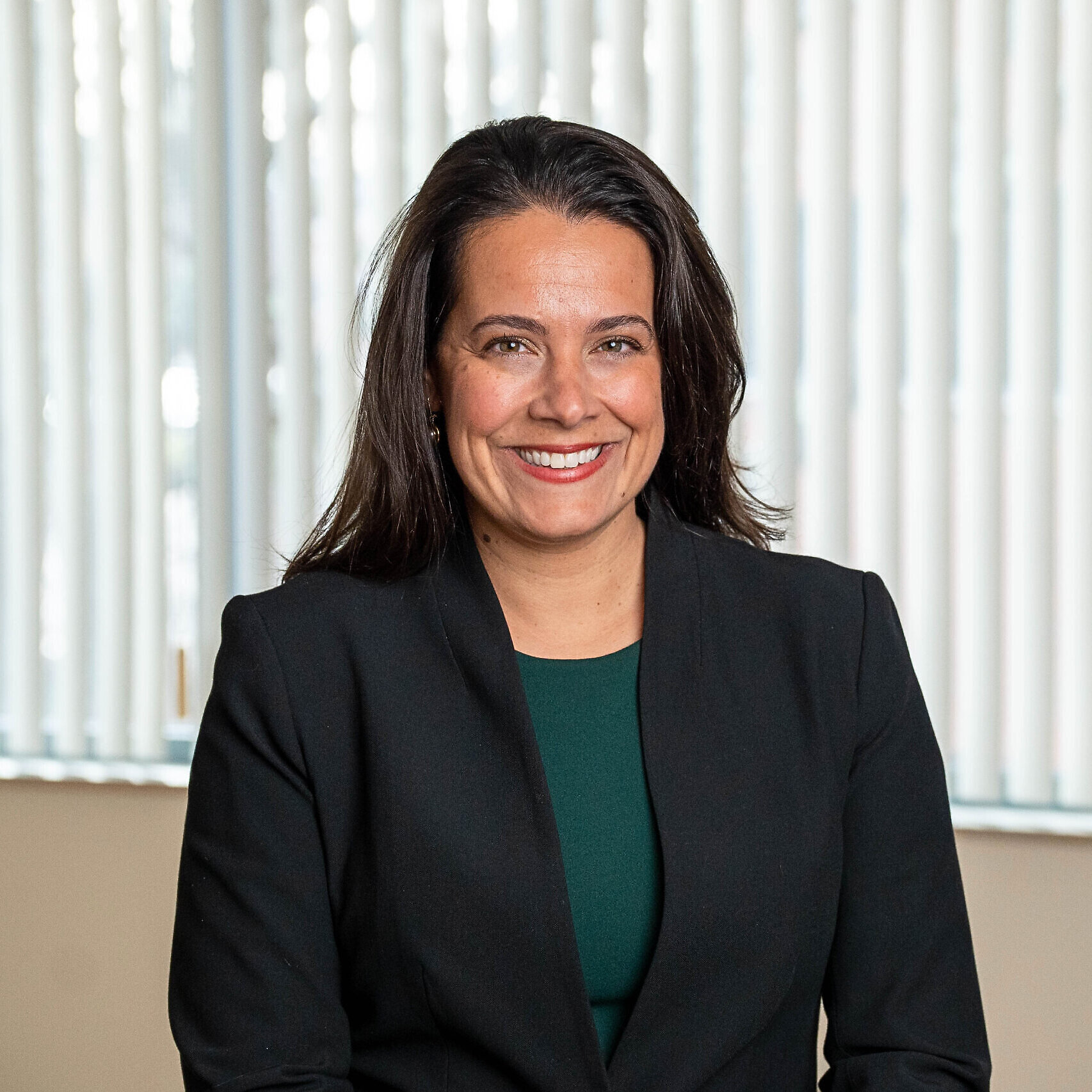
Nikki Bruno is the vice president of clean technologies in Eversource’s gas business unit. She is responsible for advancing clean technologies within the Eversource gas business portfolio to help achieve Eversource’s commitment to carbon neutrality by 2030, as well as supporting required statewide emissions reductions in Connecticut and Massachusetts. Bruno evaluates the feasibility of clean technologies, such as geothermal energy, clean hydrogen, renewable natural gas, and methane reduction, and manages the development and execution of projects incorporating those clean technologies. She plays a lead role in policy efforts regarding the future of natural gas and other strategic initiatives that help Eversource provide safe, reliable, cost-effective clean energy solutions to meet its customers’ needs. Bruno oversees marketing, customer connections, and major account management across Eversource’s gas business, which includes traditional and clean technology offerings. Before joining Eversource, Bruno was a project director of business development for Enbridge. She was responsible for the development of new natural gas transmission ventures, services, and related energy projects in the Northeast region. She also managed the Enbridge commercial relationship with National Grid. Earlier in her career, Bruno held environmental permitting positions with Enbridge’s predecessor company, Spectra Energy, and worked as an environmental consultant specializing in ecological and health risk assessments. Bruno holds a Bachelor’s degree in environmental science from Trinity College and an MBA from the F.W. Olin School of Business at Babson College. Bruno is the executive co-sponsor of Eversource’s women’s business resource group, which celebrates and promotes women in energy across the company’s territory.
Samantha Coday
Emanuel E. Landsman (1958) Career Development Assistant Professor, MIT Department of Electrical Engineering and Computer Science
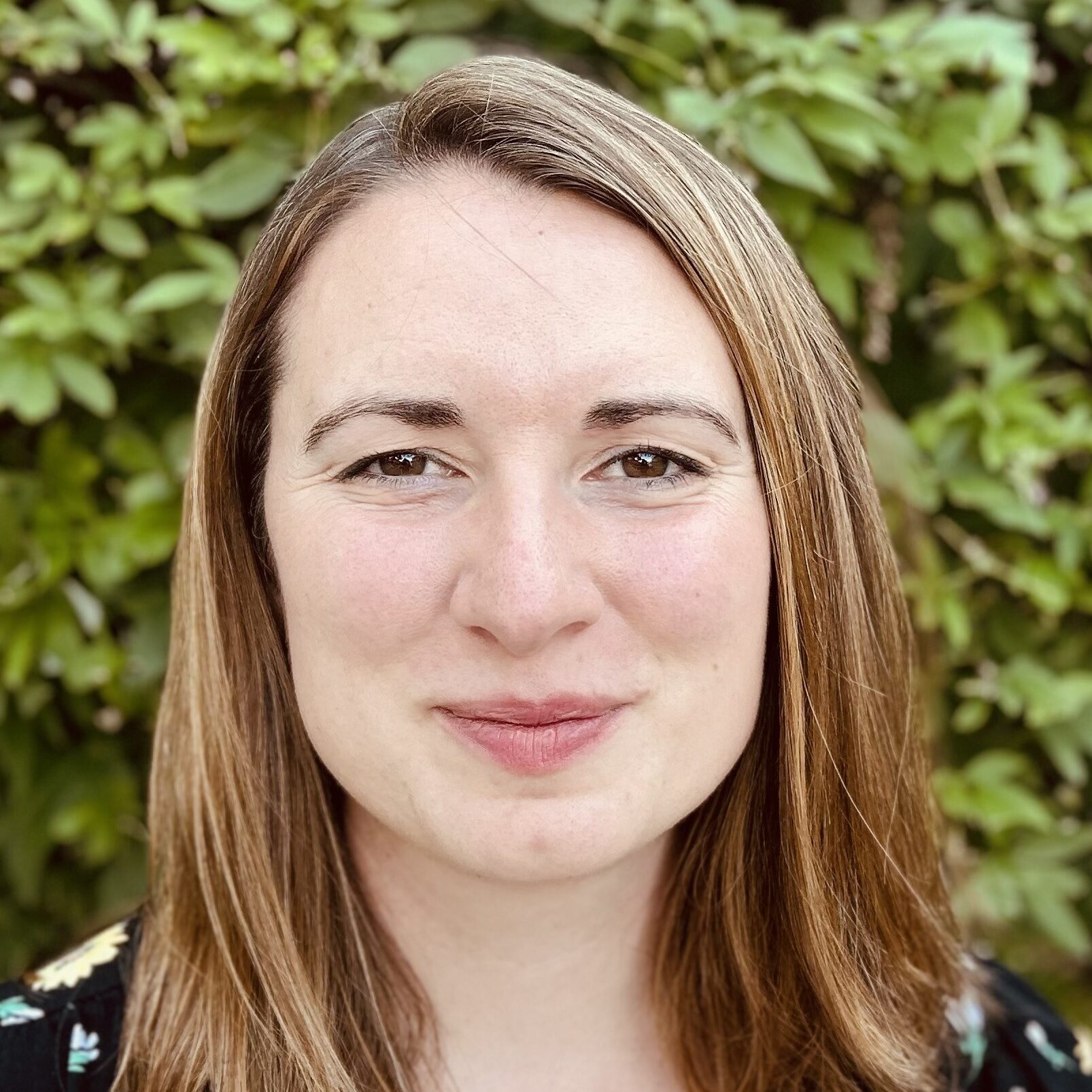
Samantha Coday is the Emanuel E. Landsman (1958) Career Development Assistant Professor of Electrical Engineering at Massachusetts Institute of Technology. Coday is a principal investigator in the Research Laboratory of Electronics and is affiliated with the Microsystems Technology Laboratories. She received the MS degree and PhD degree in electrical engineering and computer sciences in 2019 and 2023, respectively, from the University of California, Berkeley. Her research interests include ultra dense power converters enabling renewable energy integration, hybrid electric aircraft, and future space exploration. She focuses on the optimization, design, and control of hybrid switched-capacitor converters. Coday has received the Outstanding Graduate Student Instructor Award at University of California, Berkeley, the Cadence Women in Technology Scholarship, and the ThinkSwiss Research Scholarship.
Daniel R. Cohn
Research Scientist, MIT Energy Initiative
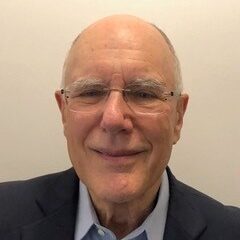
Daniel R. Cohn is a research scientist at the MIT Energy Initiative. He joined MITEI in 2011 after retirement from the MIT Nuclear Science and Engineering Department, where he was a senior research scientist, and the Plasma Science and Fusion Center (PSFC), where he was head of the Plasma Technology Division. His present research includes hydrogen enhanced fuel production from biomass feedstocks, production and use of low-carbon hydrogen from natural gas, long duration energy storage using liquid fuels, and low-carbon fuel engines. His previous research at the PSFC included the first studies of high magnetic field tokamak fusion reactors using from conventional and high temperature superconductors. Cohn is a fellow of the American Physical Society and was chairman of the Fusion Energy Division of the American Nuclear Society. He is an author of more than 200 articles and book chapters. His awards include a Discover Award for Innovation in Transportation and three R&D 100 awards for environmental technology innovation. He is an inventor of more than 100 patents. He is a co-founder and was the initial CEO of InEnTec, an MIT spinoff that provides plasma boosted systems for conversion of wastes into low -carbon chemicals/fuels. He is also a co-founder and CEO of Ethanol Boosting Systems (EBS), an MIT spinoff that provides dual fuel injection approaches for cleaner and more efficient vehicles. Cohn received an AB from the University of California at Berkeley and a PhD in physics from MIT.
Ayse K. Coskun
Professor, Department of Electrical and Computer Engineering, and Director, Center for Information and Systems Engineering, Boston University
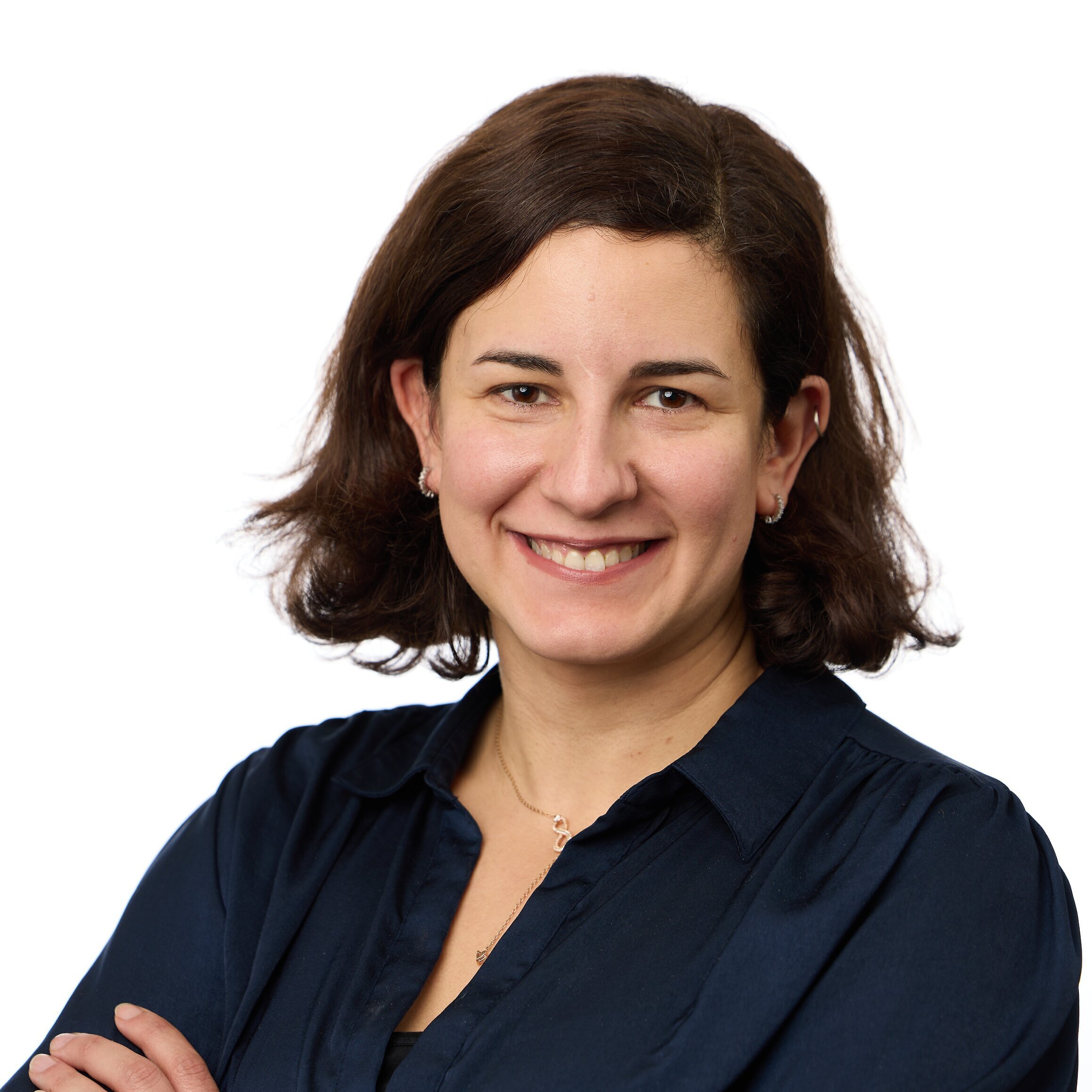
Ayse K. Coskun is a full professor at Boston University (BU) at the Electrical and Computer Engineering Department, where she leads the Performance and Energy Aware Computing Laboratory (PeacLab) to solve problems towards making computer systems more intelligent, energy-efficient, and sustainable. Coskun is also the director of the BU Center for Information and Systems Engineering (CISE) and recently served as the interim associate dean for research at BU College of Engineering. Coskun’s research interests intersect design automation, computer systems, and architecture. Her research outcomes are culminated in several technical awards, including the IEEE CEDA Ernest Kuh Early Career Award and an IBM Faculty Award. Coskun has been an avid collaborator of industry (including with IBM TJ Watson, Oracle, AMD, Intel) and received several patents during her time at Sun Microsystems (now Oracle). Her research team has released several impactful open-source software artifacts and tools to the community. Coskun regularly participates in outreach programs and founded a new forum called “Advancing Diversity in EDA” (DivEDA). She currently serves as the deputy editor-in-chief of the IEEE Transactions on Computer Aided Design. Coskun received her PhD degree in computer engineering from University of California San Diego.
Deepjyoti Deka
Research Scientist, MIT Energy Initiative
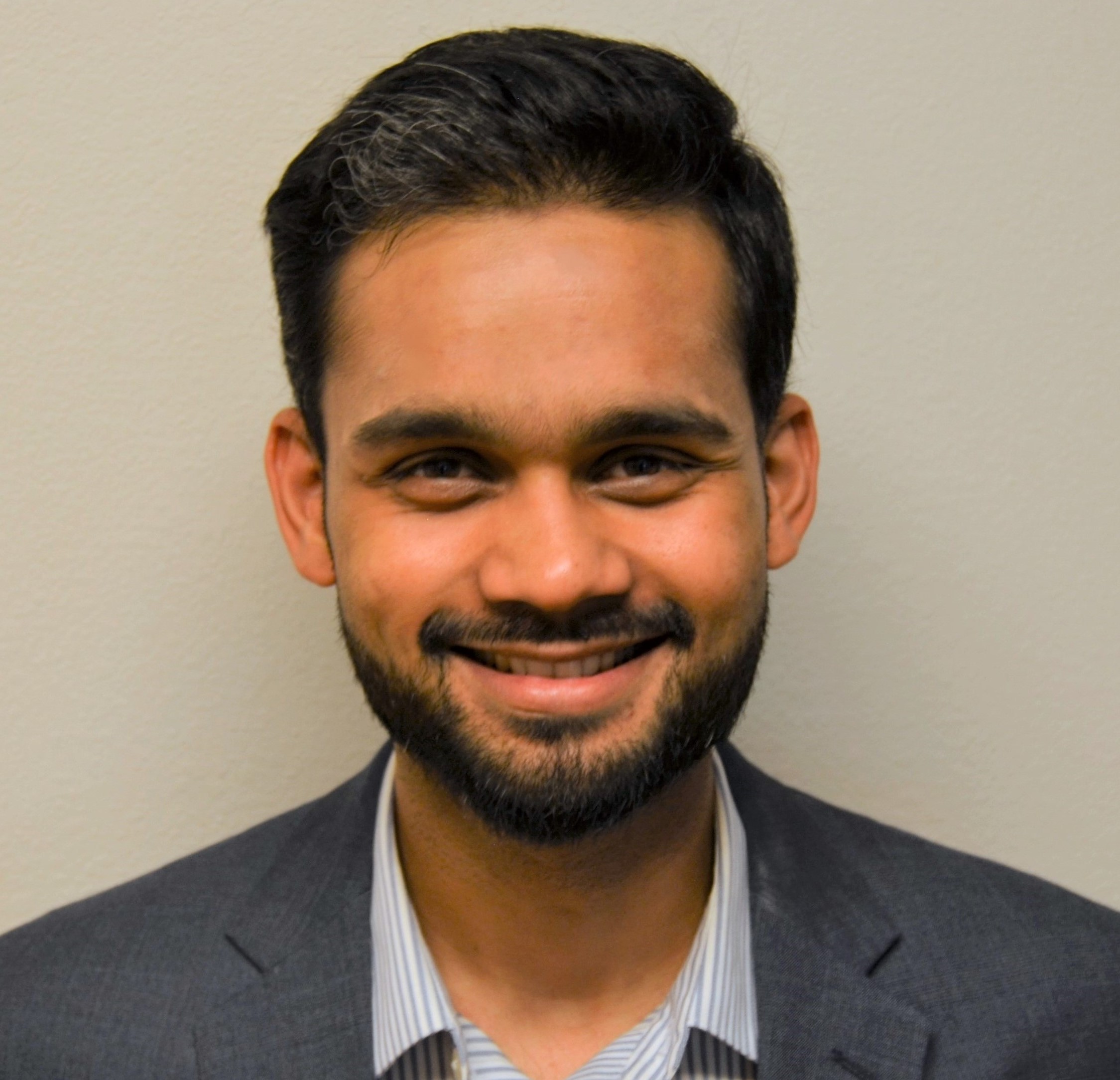
Deep Deka is a research scientist at MIT Energy Initiative. His research interests lie at the intersection of machine learning and optimization for tractable sensing and secure operation in renewable rich power grids. From 2018-2024, he was a staff scientist in the Theoretical Division at Los Alamos National Laboratory and served as a PI/co-PI for DOE and internal projects on machine learning in power systems and optimization of interdependent networks. He received the MS and PhD degrees in electrical and computer engineering (ECE) from the University of Texas, Austin, TX, USA, in 2011 and 2015, respectively. He completed his undergraduate degree in electronics and communication engineering (ECE) from IIT Guwahati, India with an institute silver medal as the best outgoing student of the department in 2009. Deka is a senior member of IEEE and has served as an editor on IEEE Transactions on Smart Grid.
Christopher Douglas
Postdoctoral Associate, MIT Energy Initiative
Christopher Douglas is a postdoctoral associate at the MIT Energy Initiative and an incoming assistant professor in the Department of Mechanical Engineering and Materials Science at Duke University starting in January 2025. Douglas earned his PhD in mechanical engineering from Georgia Tech in 2021 and served as a Marie Skłodowska—Curie Postdoctoral Fellow at École Polytechnique and TU Munich before joining MIT. His research primarily focuses on fluid and thermal sciences, with an emphasis on flow instability and nonlinear dynamics applied to energy systems. His broader research interests include energy decarbonization and pollutant emissions abatement, with particular attention to potential alternative energy carriers like hydrogen and ammonia.
Pablo Duenas-Martinez
Research Scientist, MIT Energy Initiative
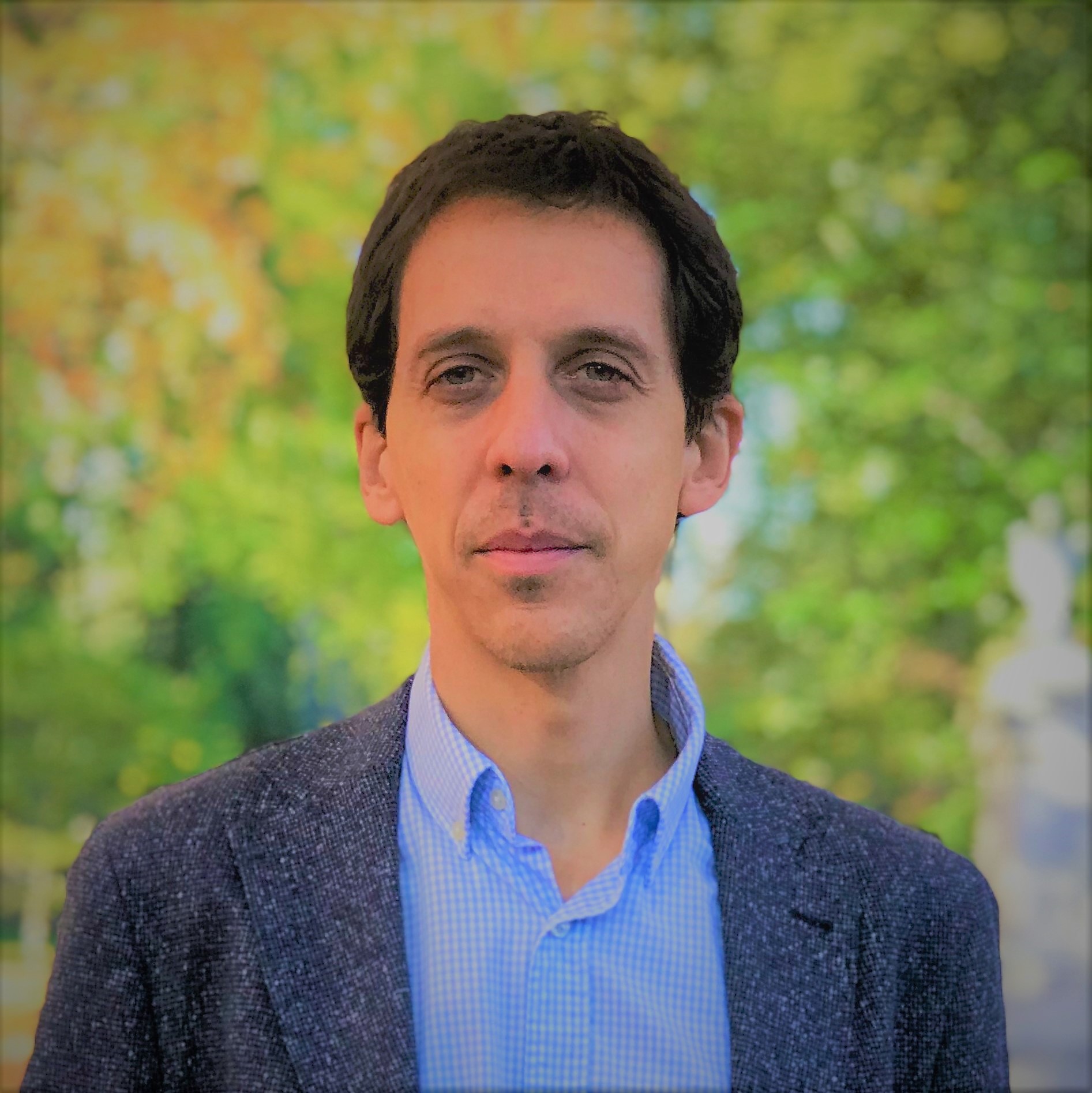
Pablo Duenas-Martinez is a research scientist at the MIT Energy Initiative and research assistant professor at Universidad Pontificia Comillas. His research area embeds the economic and regulatory modeling and analysis, and the role of traditional and new generation technologies in shaping the energy systems of the future, in low- to high-income countries, within a carbon-constrained world. He has published on topics such as liberalization and regulation of gas and electricity markets, energy security of supply and resiliency in decarbonizing economies, impact of distributed energy resources, analysis and regulation for universal energy access, and mathematical modeling of energy systems. During his career, he has worked with power and gas utilities, as well as government and regulatory agencies, on research projects and to provide advice aimed at improving operations and investments in energy systems worldwide. He obtained his BS in industrial engineering, MS in electric power systems, and PhD in electrical engineering at the Universidad Pontificia Comillas in Madrid, Spain; and received a BS in economics from the National Distance Education University in Madrid, Spain.
Souha El Mousadik
Postdoctoral Associate, ENDLab, MIT Department of Mechanical Engineering
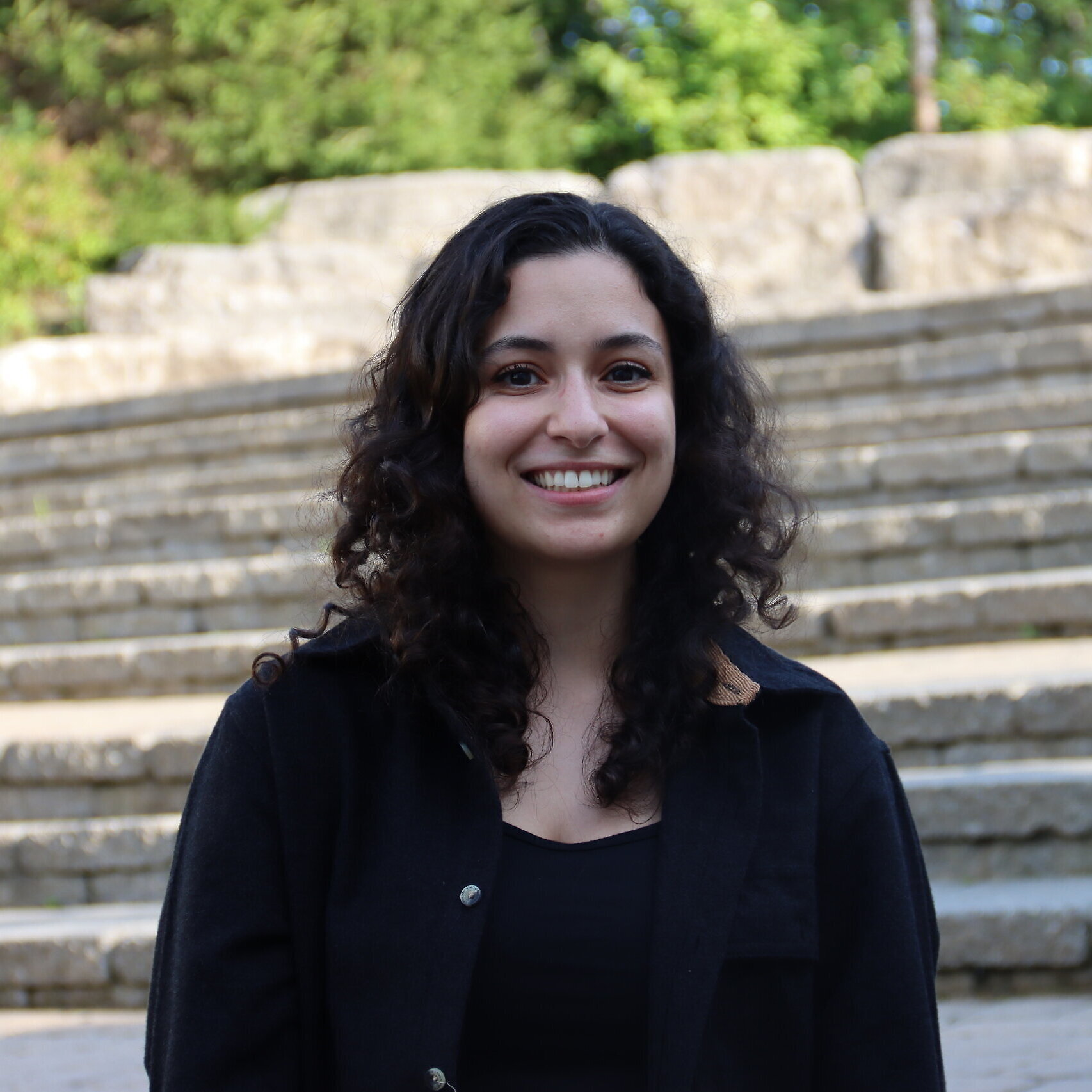
Souha El Mousadik is a postdoctoral associate in the ENDLab, developing strategies and systems for monitoring marine carbon dioxide removal (mCDR) employing real-time observational platforms to quantify carbon drawdown. During her PhD, she developed instrumentation to investigate deep seabed sediment properties in-situ and designed experimental methods to monitor sediment plumes at 4500m depths in the Pacific Ocean.
Hiya Gada
Graduate Student, MIT Department of Aeronautics and Astronautics
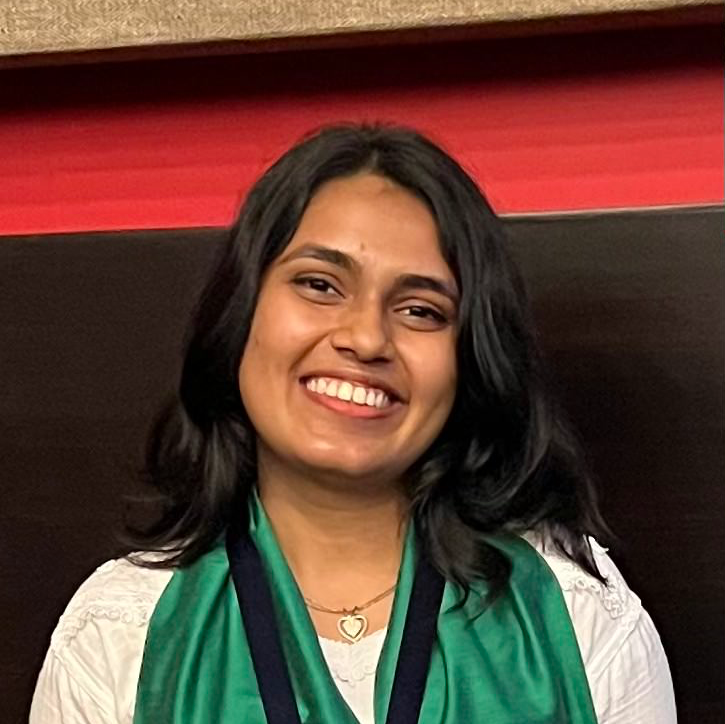
Hiya Gada completed her bachelor’s in mechanical engineering, specializing in systems and control engineering, from the Indian Institute of Technology Bombay. Her bachelor’s thesis focused on optimal control and state estimation for non-linear systems. Her current project is in system-level control design for higher penetration of renewable technologies like solar and wind, specifically control design of grid-forming inverters. Outside of research, she is the co-vice president of Community and Education at MIT Energy and Climate Club. In her free time, she enjoys making music and reading.
Luis González-Portillo
Associate Professor of Energy Engineering, Universidad Politécnica de Madrid
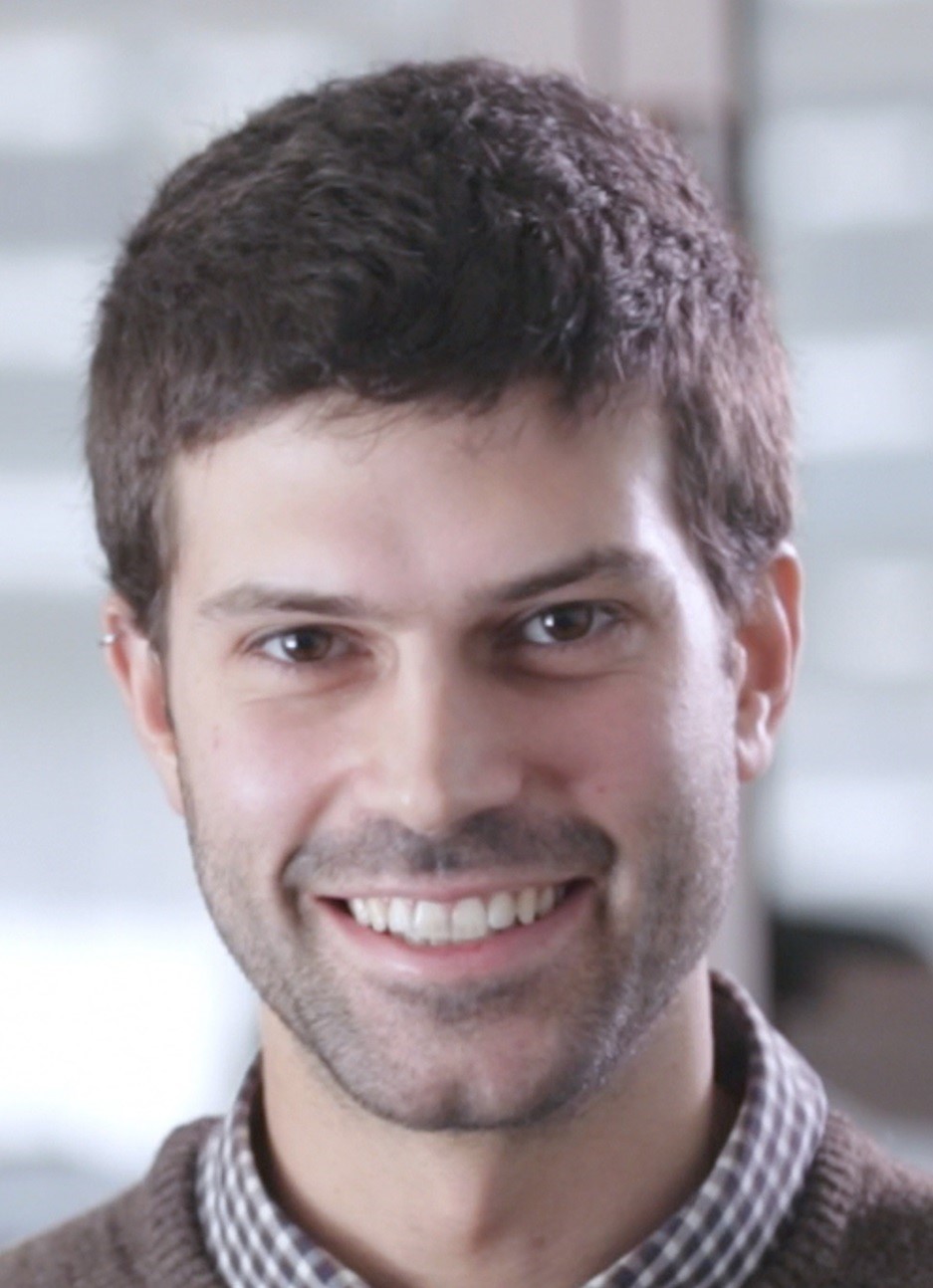
Luis González-Portillo is associate professor of Energy Engineering at Universidad Politécnica de Madrid (UPM). His research focuses on high-temperature thermal systems, with particular emphasis on Concentrated Solar Power (CSP), thermal energy storage, and CO₂-free hydrogen production. In the field of CSP, he has contributed to multiple projects funded by the European Union and the U.S. Department of Energy (DOE), also serving as a reviewer for DOE-funded initiatives. His primary focus areas include the design of advanced solar collectors and the techno-economic analysis of particle-based systems, developed in collaboration with Sandia National Laboratories. Additionally, González-Portillo is involved in several projects focused on hydrogen production through methane pyrolysis with liquid metals, including a collaborative project with MIT. González-Portillo holds a PhD in energy engineering from UPM, Master’s and Bachelor’s in mechanical engineering from UPM, and a Master’s in aeronautical engineering from University Carlos III of Madrid.
William H. Green
Director, MIT Energy Initiative; Hoyt C. Hottel Professor, MIT Department of Chemical Engineering
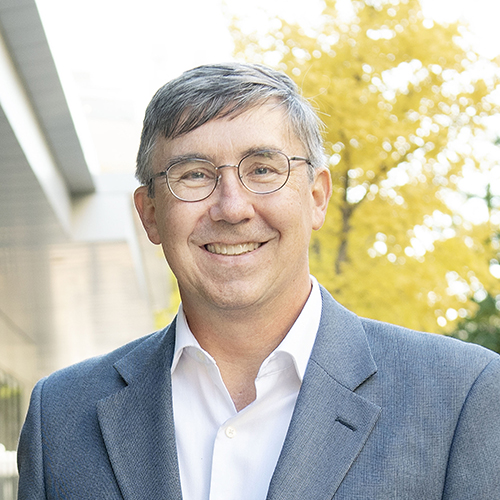
William H. Green, the Hoyt C. Hottel Professor at MIT, is a world leader in chemical kinetics, reaction engineering, prediction of chemical reactions and properties, and in development of related software. He has led many combined experimental/modeling research projects related to fuels, combustion, pyrolysis, and oxidative stability, and he invented an instrument to directly measure rate coefficients for multi-channel reactions. He developed computer methods to predict the behavior of complicated reacting mixtures, many of which are included in the open source Reaction Mechanism Generator software package, a type of AI expert system for reactive chemistry. The associated popular website rmg.mit.edu includes estimators for many chemical properties and several databases. Green co-invented several algorithms and numerical methods helpful for handling complicated chemical kinetics. His group has also developed machine-learning methods and software (ASKCOS and Chemprop) for accurately predicting the products of organic reactions and for predicting many chemical and reaction properties. Chemprop, whose recent versions were developed primarily by Green’s research group, is currently the most popular open-source chemistry software on GitHub. It is heavily used by the pharmaceutical industry, to predict the properties of proposed new drug molecules. Green also invents and analyzes technologies to reduce greenhouse gas emissions, particularly in the transportation/fuel sector. Two of his greenhouse-gas reduction inventions are now being commercialized, one by Thiozen, a company he co-founded. Recently he has been developing and analyzing technology options for decarbonizing the freight sector, with a special interest in long-haul trucking.
Green earned his BA from Swarthmore College, and his PhD in physical chemistry from the University of California at Berkeley under the supervision of C. Bradley Moore. After postdocs at Cambridge University with Nicholas Handy and at the University of Pennsylvania with Marsha Lester, he worked for Exxon Research & Engineering for six years before joining the Chemical Engineering faculty at MIT in 1997. Green has co-authored more than 350 journal articles, which have been cited more than 23,000 times. He is a fellow of the AAAS and of the Combustion Institute, and has received the American Chemical Society’s Glenn Award in Energy & Fuel Chemistry and the AIChE’s Wilhelm Award in Reaction Engineering. He convened and organized the International Conference on Chemical Kinetics in 2011, and now serves as treasurer of that conference series. More than 20 of his former graduate or postdoctoral students are now tenured or tenure-track faculty. He previously served as the editor of the International Journal of Chemical Kinetics, as the faculty chair of MIT’s Mobility of the Future project, and as the executive officer of the MIT Department of Chemical Engineering. He was appointed director of the MIT Energy Initiative in Spring 2024.
Jeremy Gregory
Executive Director, MIT Climate & Sustainability Consortium
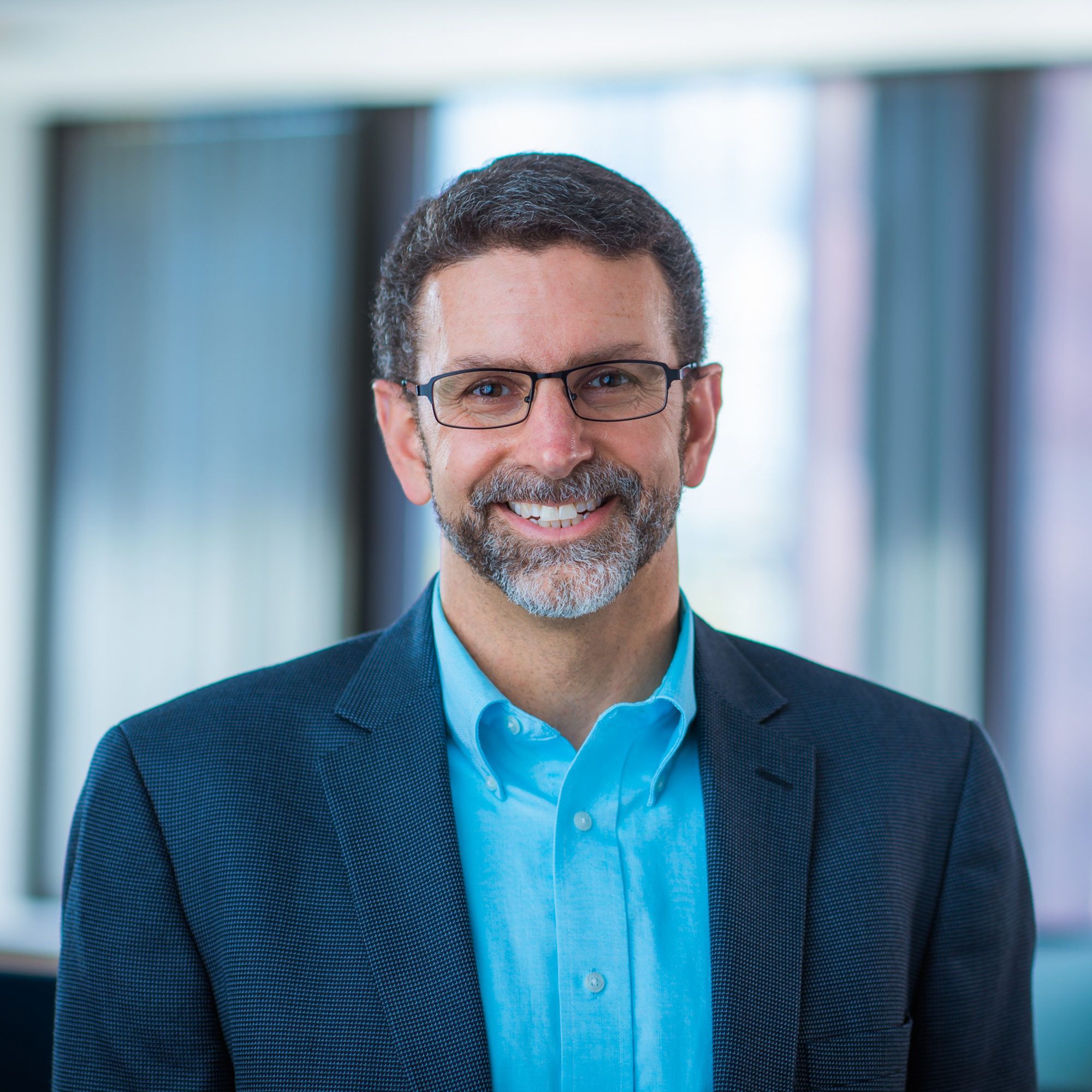
Jeremy Gregory is executive director of the MIT Climate and Sustainability Consortium (MCSC). He has extensive experience in working with industry partners and diverse stakeholders across MIT. Through his research, Gregory studies the economic and environmental implications of engineering and system design decisions, particularly in the area of materials production and recovery systems. His research topics include product and firm environmental footprinting, manufacturing and life-cycle cost analysis, and characterization of sustainable material systems. He has applied these methods, often with industry partners, to a range of different products and industries including pavements, buildings, automobiles, electronics, consumer goods, and waste treatment and recovery.
In addition, Gregory has served as a faculty fellow within MIT’s Office of Sustainability since 2018. In this role, he has collaborated with administration, faculty, staff, and students across campus to conduct analyses related to strategies for lowering MIT’s environmental footprint, with a focus on scope 3 greenhouse gas emissions.
Prior to joining the MCSC, Gregory served as executive director of the MIT Concrete Sustainability Hub, where he worked directly with industry leaders; drew links between academia, industry, and government; helped define strategy; and coordinated research activities with external collaborators.
Previously, Gregory was the education coordinator for the MIT Portugal Program’s Engineering Design and Advanced Manufacturing Focus Area, where he built education and research activities between MIT, three Portuguese universities, and numerous Portuguese companies.
He holds a bachelor of science in mechanical engineering from Montana State University-Bozeman, and a master of science and PhD in mechanical engineering from MIT.
Jared Hightower
SVP of Commercial, ANGI Energy Systems
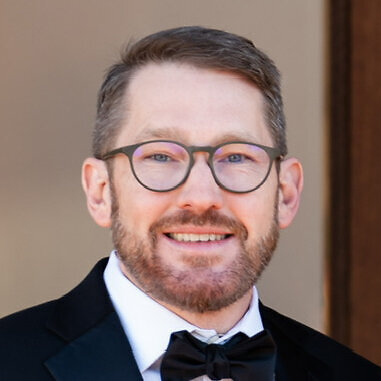
Jared Hightower, a 28-year veteran of the alternative fuels industry, serves as senior vice president of Commercial at ANGI. He began his career as an engineer focused on Compressed Natural Gas station design and operations before transitioning to Alternative Fuels Systems sales in 2002.
Joining ANGI in 2010 as a regional sales manager, Hightower quickly advanced to vice president of Domestic CNG Sales in 2011 and later became vice president of Sales. In January 2024, he was promoted to his current role as SVP, Commercial. He was instrumental in the 2014 sale of ANGI to Gilbarco Veeder-Root and continues to drive innovation in the CNG, Renewable Natural Gas (RNG), and hydrogen sectors.
Hightower holds a Bachelor of Science in mechanical engineering from Louisiana State University. Outside of work, he enjoys traveling, diverse cuisines, staying active, and spending quality time with his family.
Paul Hines
Vice President, Power Systems and Chief Scientist, EnergyHub

Paul Hines is chief scientist and VP, Power Systems at EnergyHub, where he leads the Data Science and Power Systems Intelligence (dataPSI) team. His team develops and maintains advanced control, prediction, analysis, and machine learning algorithms for the EnergyHub’s DERMS. Hines joined EnergyHub in 2021 through the acquisition of Packetized Energy, a distributed energy software startup, where he was co-founder and CEO. From 2007-2021, Hines was a professor in electrical engineering where he led research on energy reliability, resilience, and distributed energy technology. Formerly, he worked in power systems engineering roles at the U.S. National Energy Technology Laboratory, the U.S. Federal Energy Regulatory Commission, Alstom ESCA, and Black and Veatch. Hines earned a PhD in engineering and public policy from Carnegie Mellon University in 2007, and MS and BS degrees in electrical engineering (power systems focus) from the University of Washington and Seattle Pacific University.
Taemin Heo
Postdoctoral Associate, MIT Energy Initiative

Taemin Heo is a postdoctoral associate at the MIT Energy Initiative, working with research scientist Ruaridh Macdonald. His research focuses on accelerating computational processes with minimal accuracy loss in the optimization of infrastructure and energy systems design and operation. He is developing efficient computational methods to model renewable energy sources and storage technologies, capturing their complex physical behaviors to support decarbonization efforts in the electricity grid and other sectors. Heo earned his PhD in civil engineering from UT Austin (advisor: Lance Manuel) and studied deep reinforcement learning at the Oden Institute (PI: Chandrajit Bajaj).
Mingguo Hong
Principal Analyst, ISO New England
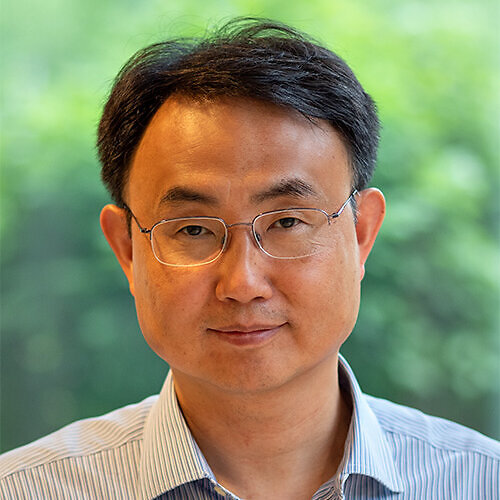
Mingguo Hong received his BE degree in electrical engineering from Tsinghua University in 1991, MS degree in mathematics from the University of Minnesota in 1993 and PhD degree in electrical engineering from the University of Washington in 1998. He worked as a power systems engineer at ALSTOM Grid in Redmond, Washington from 1998 to 2005, an associate professor of mathematics at Valley Forge Military College from 2005 to 2006, and a principle market engineer at the Mid-continent Independent System Operator (MISO) in Carmel, Indiana from 2006 to 2012. From 2012 to 2018, he was an associate professor in the Electrical Engineering and Computer Science department of the Case Western Reserve University in Cleveland, Ohio. He currently is a principal analyst at the ISO New England in Holyoke, Massachusetts. His research interests are in power system analysis, electricity markets, and renewable energy integration.
Randolph Kirchain
Principal Research Scientist, MIT Materials Research Laboratory; Director, MIT Concrete Sustainability Hub
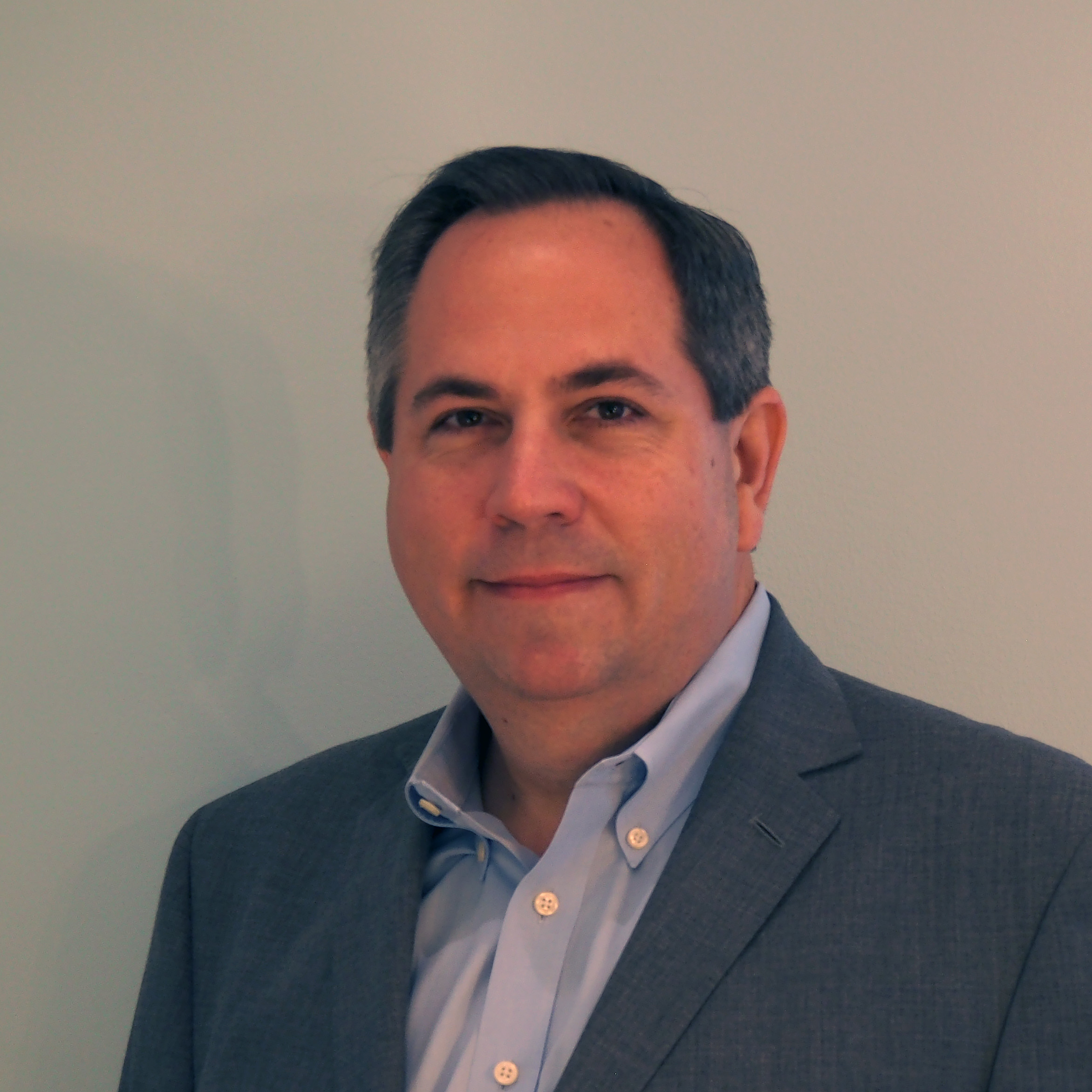
Randolph Kirchain is a principal research scientist within the MIT Materials Systems Lab and serves as the director of the MIT Concrete Sustainability Hub. Kirchain’s research focuses on the environmental and economic implications of materials selection. As part of the CSHub team, he has developed tools to help decisionmakers better understand the impact of materials decisions in both buildings and pavements.
Xiaobing Liu
Senior Staff Scientist and Group Leader, Oak Ridge National Laboratory
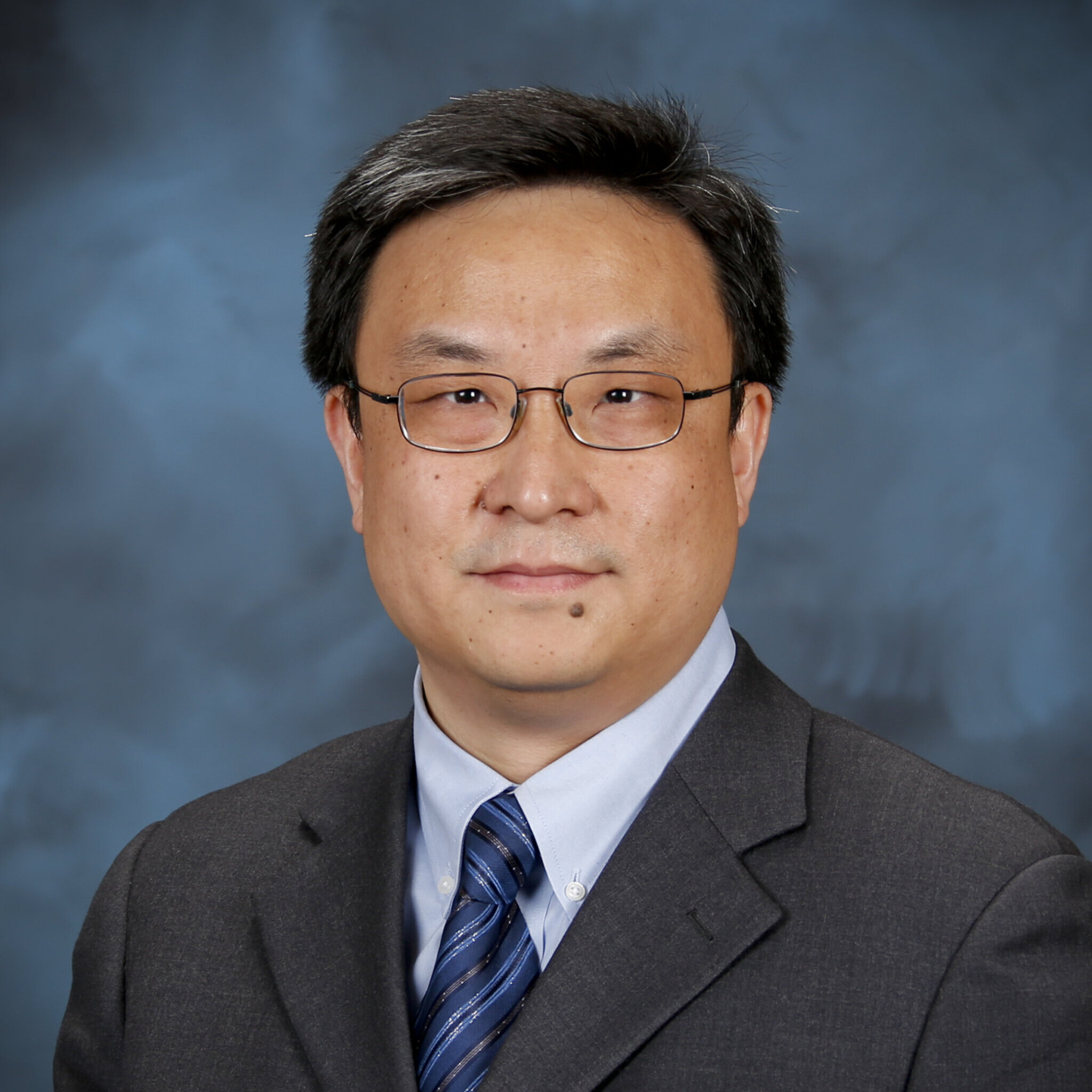
Xiaobing Liu is a senior staff scientist and group leader at Oak Ridge National Laboratory (ORNL). He also manages the geothermal program at ORNL. He has been the principal investigator of many ground source heat pump (GSHP) related R&D projects at ORNL and published more than 200 peer viewed journal and conference papers, as well as technical reports. Liu served as the research chair at American Society of Heating Refrigeration and Air-conditioning Engineers (ASHRAE) TC 6.8 for Geothermal Energy Utilization and Energy Recovery. He is currently serving as the research chair at the International Ground Source Heat Pump Association (IGSHPA). He received the Excellence Award from IGSHPA in 2023, the Ritter Von Rittinger Award (group) from International Energy Agency (IEA) Heat Pump Center in 2017, the Distinguished Service Award from ASHRAE in 2020, the R&D 100 Award (group) in 2022, and the Best Paper/Presentation Awards from various conferences.
Ruaridh Macdonald
Research Scientist, MIT Energy Initiative
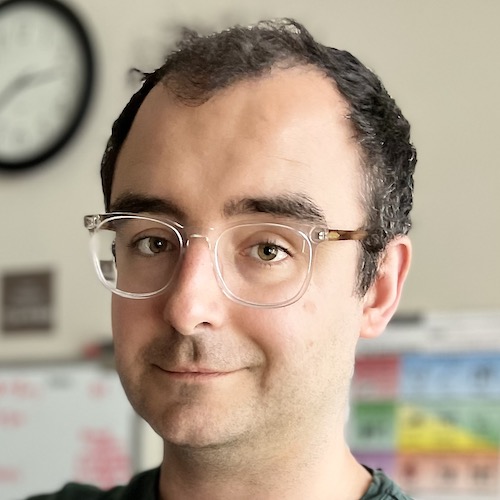
Ruaridh Macdonald is the energy systems research lead at the MIT Energy Initiative. His research explores how best to decarbonize the electricity grid and other sectors, and which technologies and policies will reduce the cost of the energy transition while also ensuring grid resilience and security. He is developing novel approaches to macro-energy system modelling which allow for larger multi-sector energy systems to be optimized over long time periods. This allows for technologies to be modelled with greater fidelity and considering interannual variation in energy supply and demand. Ruaridh is a co-lead developer of the GenX and DOLPHYN macro-energy system models. He completed his PhD in Nuclear Science and Engineering at MIT.
Simar Mattewal
Graduate Student and PhD candidate, MIT Department of Chemical Engineering
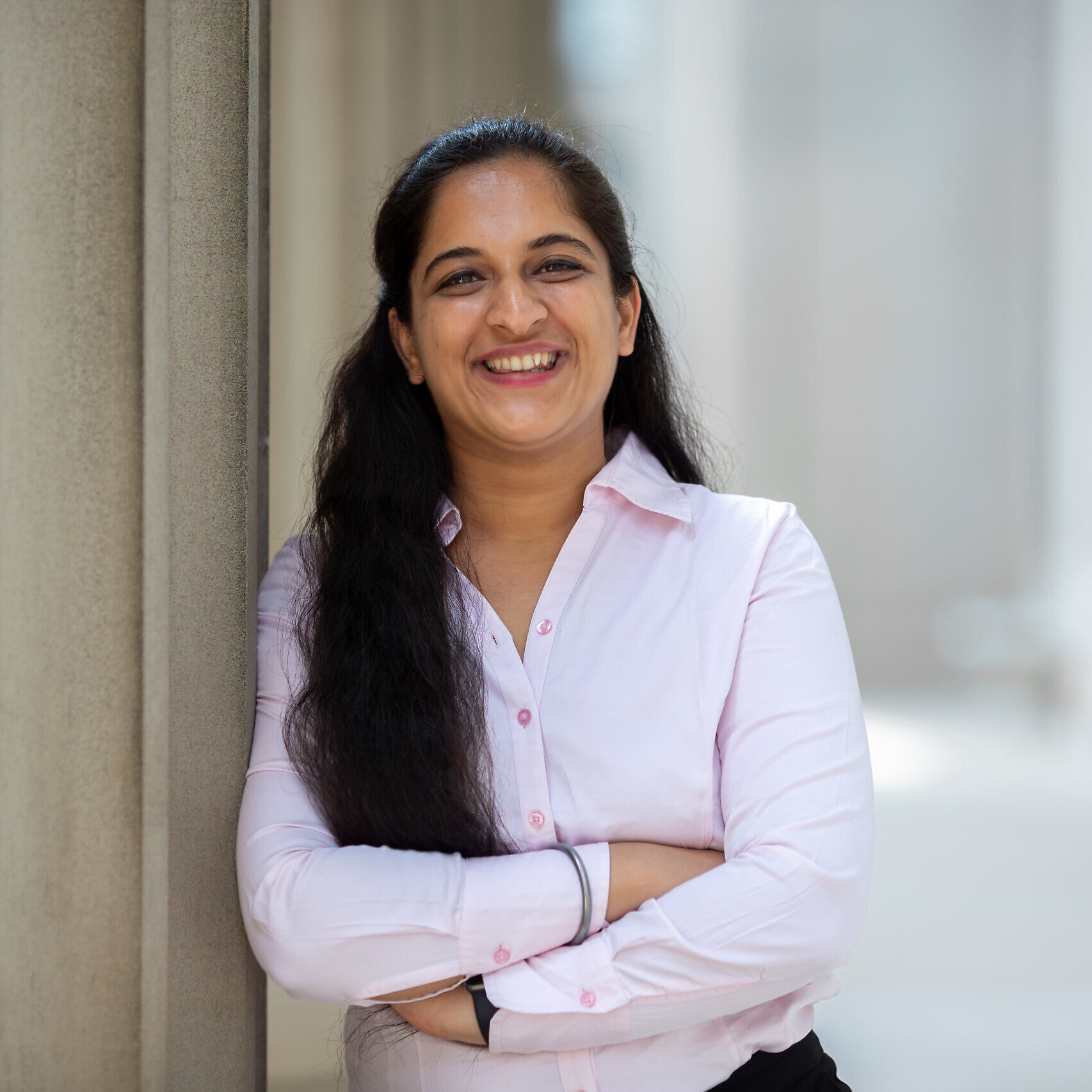
Simar Mattewal is a PhD candidate in chemical engineering at MIT developing carbon-based membranes for critical separations. She is interested in science communication and technology policy and their interplay in building groundbreaking innovations. With MITEI, she is working on understanding the role of separation technologies in enabling a hydrogen economy.
Luke McLaughlin
Senior R&D Mechanical Engineer, Sandia National Laboratories
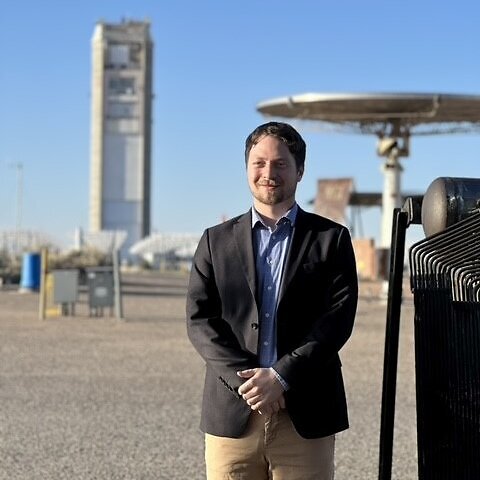
Luke McLaughlin is a senior member of the mechanical engineering staff at Sandia National Laboratories (SNL). Luke received his PhD in mechanical engineering from the University of Wyoming in 2022 and has since worked at the National Solar Thermal Test Facility at SNL. His areas of research include concentrating solar technologies and thermal energy storage (TES) – with a focus on developing next generation sensible heat TES technology for industrial process heat and power applications. McLaughlin is the Tiger Team lead of the Technology Development, Evaluation, and Testing Tiger Team within the LDES National Consortium, and he was a contributing author to DOE’s 2023 Thermal Energy Storage Technology Strategy Assessment.
Jennifer Morris
Principal Research Scientist, MIT Center for Sustainability Science and Strategy and MIT Energy Initiative
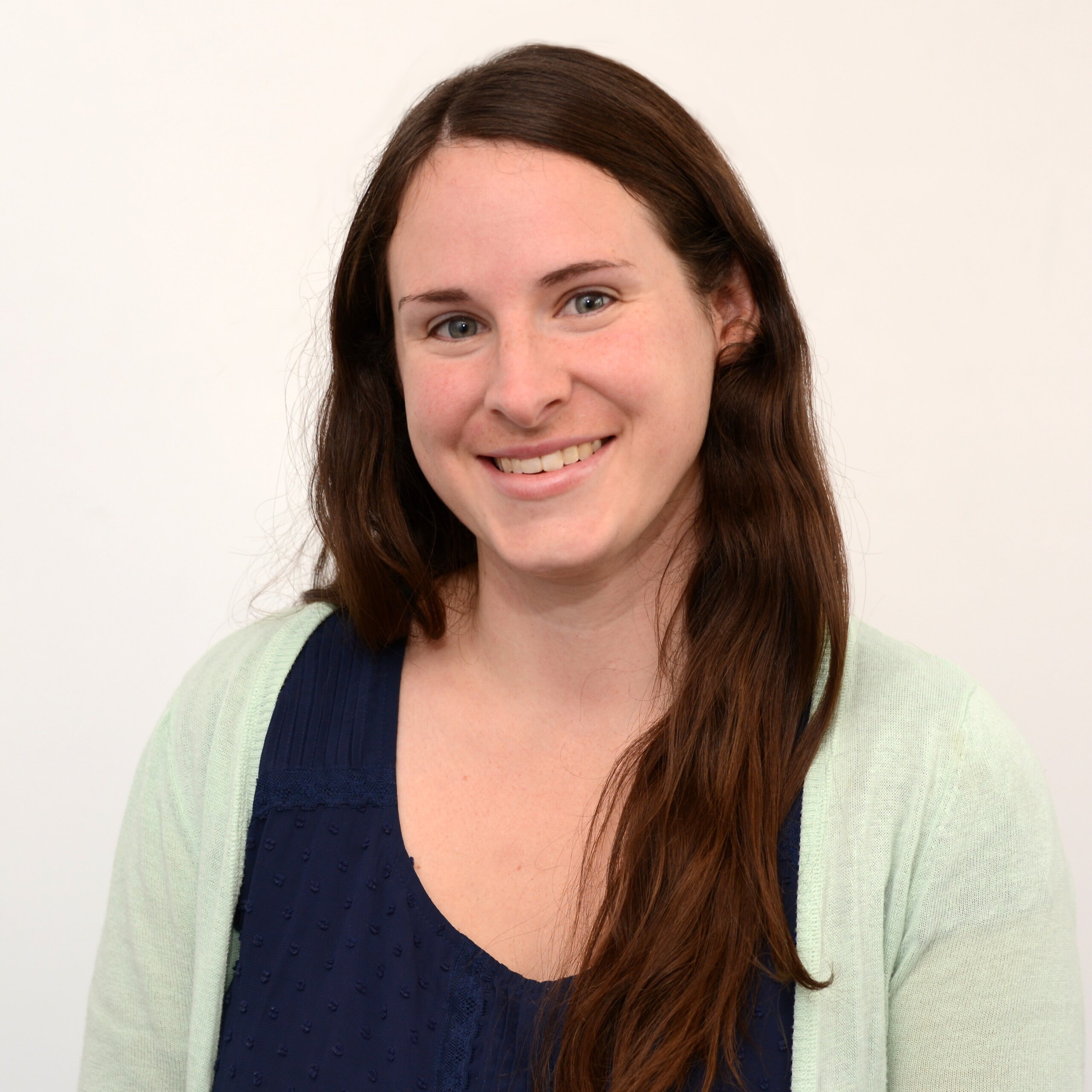
Jennifer Morris is a principal research scientist at the MIT Center for Sustainability Science and Strategy and the MIT Energy Initiative. Much of her research focuses on energy transitions and economic development pathways as well as uncertainty and decision-making. Morris is a key contributor to the development of the MIT Integrated Global System Modeling (IGSM) framework, focusing on the human system component, the Economic Projection and Policy Analysis (EPPA) model. With this modeling framework, she develops integrated economic and climate scenarios, generates large ensembles, analyzes policy impacts, explores technology and mitigation pathways and transitions, and examines multi-sector dynamics. Her uncertainty-related work involves quantifying key uncertainties and applying different methodological approaches to models in order to formally represent such uncertainties and explore how they impact near-term decisions. A key focus is evaluating risks to different investment options in energy and water and identifying those that are robust to potential risks. Morris holds a PhD in engineering systems and a MS in technology and policy from MIT.
Vineet Nair
PhD Candidate, MIT Computational Science & Engineering Program
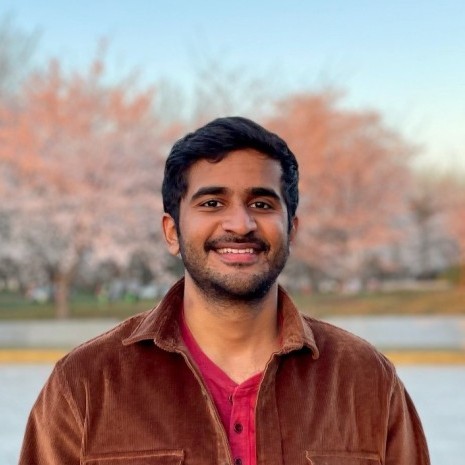
Vineet Nair is a final year PhD candidate in the Computational Science & Engineering program at MIT. He conducts research in the Active-Adaptive Control Lab in the Mechanical Engineering department applying tools from optimization, control systems, game theory, and machine learning to model smart grids, energy systems, and electricity markets. His current research focuses on developing data-driven decision-making tools to integrate more distributed energy resources (DERs) and accelerate grid decarbonization. He has worked on various projects including designing markets and distributed optimization algorithms for DERs, enhancing cyber-physical grid resilience via DER coordination, and physics-informed machine learning for timeseries DER forecasting and transient dynamic simulations. More broadly, he is interested in developing computational tools for climate change mitigation and adaptation, with a passion for environmental justice as well. In addition to academia, he has completed industry research internships related to energy/climate at Siemens, Avangrid, the National Renewable Energy Lab, and [Google] X, the moonshot factory. Prior to MIT, he completed an MPhil in energy technologies at the University of Cambridge as a Gates scholar where he worked on the optimal design & dispatch of islanded microgrids for off-grid communities in sub-Saharan Africa. He received his undergraduate degrees in mechanical engineering & economics from UC Berkeley, with a minor in electrical engineering & computer science. He is a recipient of the MIT-Pillar AI fellowship and the MIT Martin Sustainability fellowship.
John Pendray
Senior Technical Advisor-Technology Development, Cummins
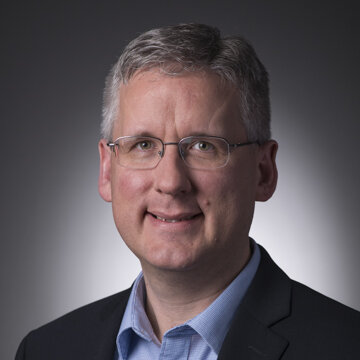
John Pendray is a senior technical advisor for Technology Development in the Corporate Research and Technology department at Cummins Inc. Pendray has worked for Cummins for 17 years in a variety of roles, including research & development, technology evaluations, and driving internal innovation. He currently leads interactions between Cummins Corporate Research and Technology and the U.S. Department of Energy, while also leading technical innovation projects.
Jake Rasweiler
Senior Vice President of Innovation, American Tower

Jake Rasweiler is the senior executive for the U.S. Tower division evaluating technology, leading product strategy, managing digital infrastructure investments and business development in data centers, and other power & energy infrastructure. A current priority is leading edge data center development in new markets for American Tower. Rasweiler began his career as an RF engineer designing wireless networks for AT&T Wireless and Nextel Communications in New York City and then spent 10 years designing and operating critical communications networks for electric transmission and distribution utilities. Rasweiler is a licensed professional engineer in electric power, holds a BA in physics and economics from Colgate University, MS electrical engineering from NYU, and MBA from Fordham University.
Minoo Rathnasabapathy
Research Lead, Energy & Climate, Future Worlds, MIT Media Lab

Minoo Rathnasabapathy is a researcher at the MIT Media Lab, and fellow at the World Economic Forum. Her work is centered at the intersection of space technology, policy, and action-driven partnerships to tackle pressing socio-economic and environmental challenges. Rathnasabapathy’s focus and research interests include energy and climate, sustainability, and broader cross-industry collaborations. Her work has featured on CNN Business, BBC World News, and ABC News Australia. Prior to joining MIT, Rathnasabapathy served as the executive director of the Space Generation Advisory Council in support of the United Nations Programme on Space Applications. Rathnasabapathy serves as a member of the World Economic Forum Global Future Council on Space and is the former vice president of the International Astronautical Federation.
Nestor Sepulveda
Associate Partner, McKinsey & Company

Nestor Sepulveda is a leader at McKinsey, specializing in energy transition strategy and sustainable investing. He collaborates with clients across the energy sector to identify and capitalize on decarbonization opportunities. Sepulveda’s expertise in energy, sustainability, and analytics, developed during his doctoral studies at MIT, and enables him to provide data-driven recommendations to shape their decarbonization and energy transition strategies
Daniel Shen
PhD Candidate, MIT Department of Electrical Engineering & Computer Science

Daniel Shen is a PhD candidate in the the Department of Electrical Engineering and Computer Science at MIT. He previously received a Bachelor of Science in mechanical engineering from the University of California, Berkeley. Prior to starting at MIT, Shen worked as a research intern at the National Renewable Energy Lab, where he developed thermal models of commercial buildings for technoeconomic optimization of thermostatically controlled loads. Previously, he also worked on methods to enable load flexibility for commercial refrigeration systems as a product engineer at Axiom Cloud. His current research interests focus on how to operate the electricity grid and markets in a decarbonized world with an emphasis on the operational characteristics and uncertainty impacts from new technologies.
Sungho Shin
Texaco-Mangelsdorf Career Development Chair Assistant Professor, MIT Department of Chemical Engineering

Sungho Shin is a Texaco-Mangelsdorf Career Development Chair Assistant Professor of the Chemical Engineering Department at Massachusetts Institute of Technology. Prior to joining MIT, he was a postdoctoral researcher at the Mathematics and Computer Science Division at Argonne National Laboratory (supervisor: Mihai Anitescu). He received his PhD from the University of Wisconsin-Madison (advisor: Victor M. Zavala). He was a summer intern at Los Alamos National Laboratory (2020; worked with Carleton Coffrin and Kaarthik Sundar) and Argonne National Laboratory (2018; worked with Mihai Anitescu). He was an undergraduate researcher at Jong Min Lee’s group at Seoul National University. His research interests include model predictive control, optimization algorithms, and their applications to large-scale energy infrastructures (such as natural gas and power networks). He is the main developer of the nonlinear optimization solver MadNLP.jl and the automatic differentiation/algebraic modeling tool ExaModels.jl. He was the winner of the W. David Smith, Jr. Graduate Publication Award, AIChE Annual Meeting CAST Directors’ Student Presentation Award, IFAC ADCHEM Young Author Award, and IFAC NMPC Young Author Award. He was a recipient of the Korea Presidential Science Fellowship, Kwanjeong Fellowship, and Grainger Wisconsin Distinguished Graduate Fellowship.
Woojae Shin
Postdoctoral Associate, MIT Energy Initiative
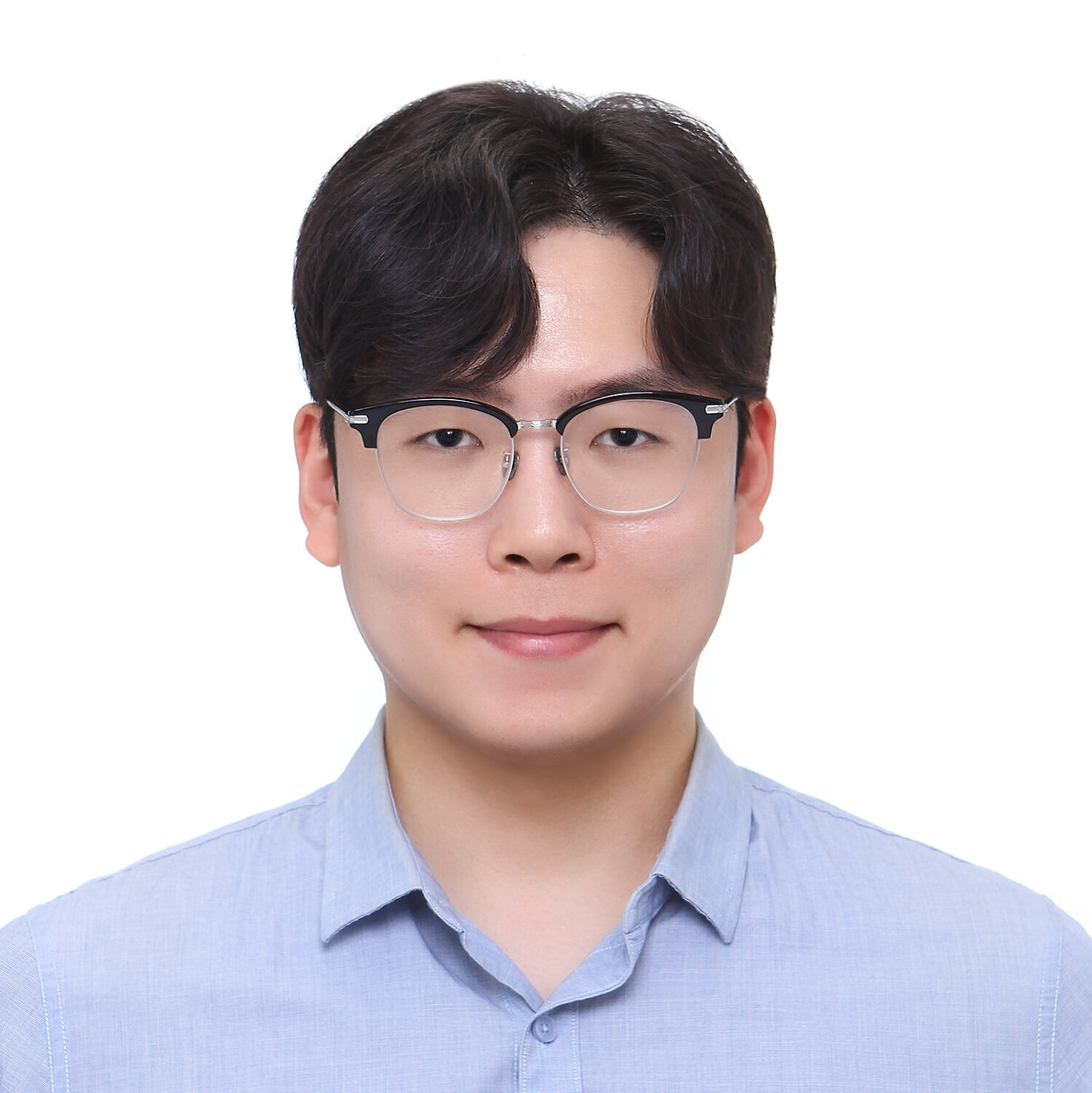
Woojae Shin is a postdoctoral associate at the MIT Energy Initiative, Massachusetts Institute of Technology (MIT), specializing in energy system simulation, techno-economic analysis (TEA), and life-cycle assessment (LCA). He earned both his BS and PhD from the Department of Mechanical Engineering at Seoul National University. With a deep commitment to discovering viable decarbonization pathways, Shin’s work spans from conventional fuels to emerging low-carbon energy solutions. His current research focuses on modeling and optimizing the supply chains of clean fuels, particularly clean hydrogen, ammonia, and e-fuels, to enable efficient and sustainable energy transitions. A notable milestone in his research includes his role as a member of Korea’s Clean Hydrogen Certification System Development task force, where he spearheaded the creation of a technology-neutral emissions calculation methodology and developed essential calculation tools for the government. His doctoral work has since become a cornerstone in shaping Korea’s clean hydrogen policy. With a vision centered on a carbon-neutral future, Shin is dedicated to pioneering innovative solutions that drive sustainability across various sectors.
Koroush Shirvan
Professor, MIT Department of Nuclear Science and Engineering
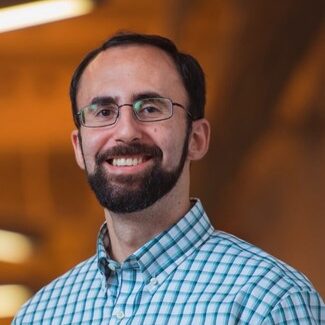
Koroush Shirvan is a professor of nuclear science and engineering at Massachusetts Institute of Technology and the current co-director of Reactor Technology Course for Utility Executives by National Academy for Nuclear Training, director of Accident Tolerant Fuel Integrated Research Project (IRP) and PI of MIT ARC-20 project as part of the Advanced Demonstration Reactor Program. His research focuses on innovations in reactor design and fuel engineering.
In 2021, Shirvan released the first open-source tool for cost estimation of existing and advanced nuclear architectures. The tool and its insights are currently utilized by policy makers and energy community worldwide. He is an active consultant to the nuclear industry on matters of digital engineering, cost, safety, use of AI/ML, and fuel technology.
Shirvan received his PhD from MIT in 2012. He has been the lead supervisor of over 50 graduate theses and is currently supervising 17 graduate students. His work on fuels has led into multiple awards including the Reactor Technology Award from American Nuclear Society in 2022.
James Szybist
Section Head, Propulsion Science, Oak Ridge National Laboratory
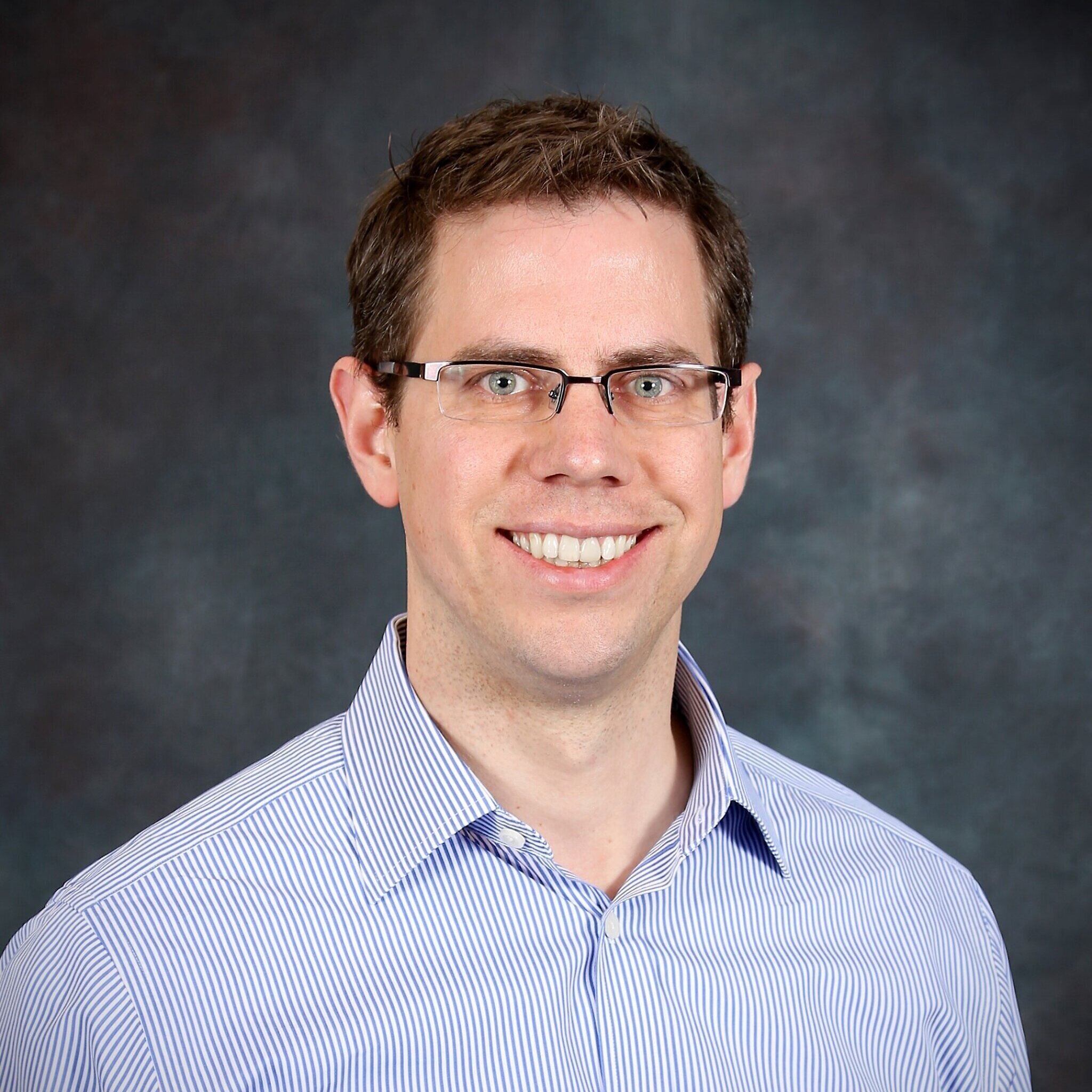
James Szybist is the head of the Propulsion Science Section at Oak Ridge National Laboratory. His primary research interests center around decarbonizing transportation with the use of fuels that can be produced with a low lifecycle carbon footprint, such as biofuels, and fuels that can be produced synthetically with renewable energy, such as hydrogen, methanol, and ammonia. He has had leadership roles at multiple U.S. Department of Energy consortia: the Co-Optima initiative focused on the co-development of advanced engines and biofuels, and the partnership to advance combustion engine (PACE) consortium. As an individual contributor, he has had impactful research on autoignition processes that result in knock in spark ignited engines and autoignition in low temperature combustion engines, and using kinetics to develop an improved conceptual understanding of the phenomenon. He is a Fellow of SAE and a member of ASM. He received his PhD from Penn State University in fuel science in in 2005 and then joined Oak Ridge National Laboratory as a post-doc.
Venkat Tirupati
Vice President, DevOps and Grid Transformation, Electric Reliability Council of Texas
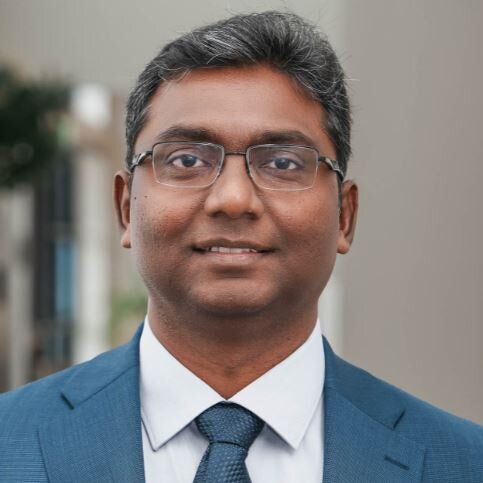
Venkat Tirupati is the vice president of DevOps and Grid Transformation at Electric Reliability Council of Texas (ERCOT). In his role, he serves the business groups to develop and support the technology needed to meet their mission. He also oversees the technology innovation and is responsible for collaboration with external stakeholders such as vendors, academia, R & D groups, and industry consortiums. He previously worked for Lower Colorado River Authority (LCRA), North American Electric Reliability Corporation (NERC), and Siemens Power Transmission and Distribution in various roles. Tirupati has a Master of Science in electrical engineering from Illinois Institute of Technology and a Master of Business Administration from Massachusetts Institute of Technology. He is a senior member of IEEE and a registered professional engineer (P.E.) in the State of Texas.
David T. Wang, PhD ’17
Technology Manager, Geothermal Technologies Office, U.S. Department of Energy
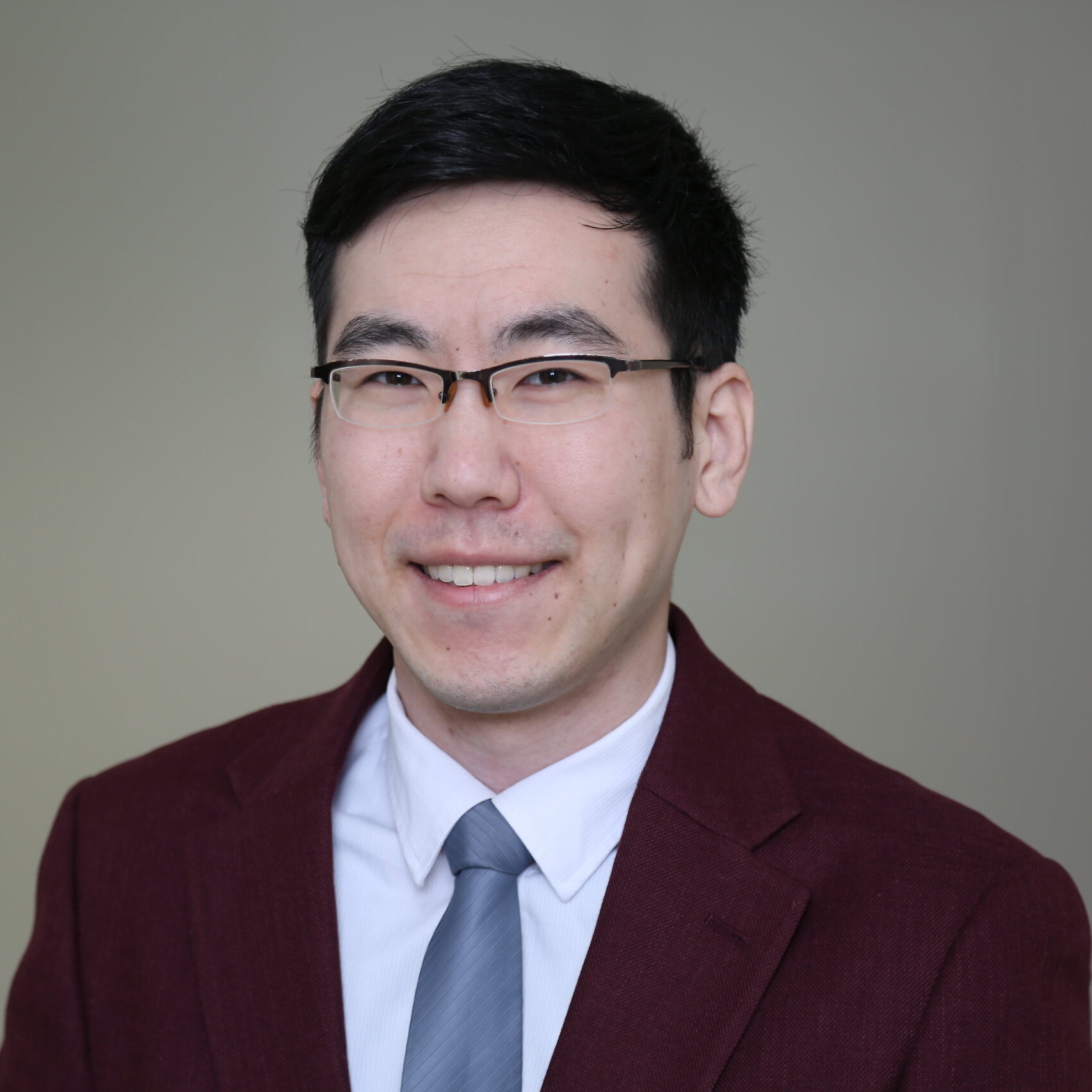
David T. Wang PhD ’17 is an engineer, geoscientist, and technology manager with the DOE’s Geothermal Technologies Office (GTO). GTO partners with national labs, industry, academia, and nonprofits on RD&D activities to address technical and commercial challenges to widescale utilization of the Earth’s subsurface thermal energy resources. Wang recently joined DOE (June 2024) and is overseeing initiatives that help accelerate the deployment of geothermal heating & cooling systems nationwide. Before DOE, Wang spent seven years in the private sector running energy-related R&D programs and building offshore oil and wind energy megaprojects for ExxonMobil and EDF. Wang received his PhD from MIT in 2017 (Course 12) and was an MITei-Shell Energy Fellow in 2016. He is based at DOE HQ in Washington, DC.
Anthony Wong
Postdoctoral Associate, MIT Center for Sustainability Science and Strategy
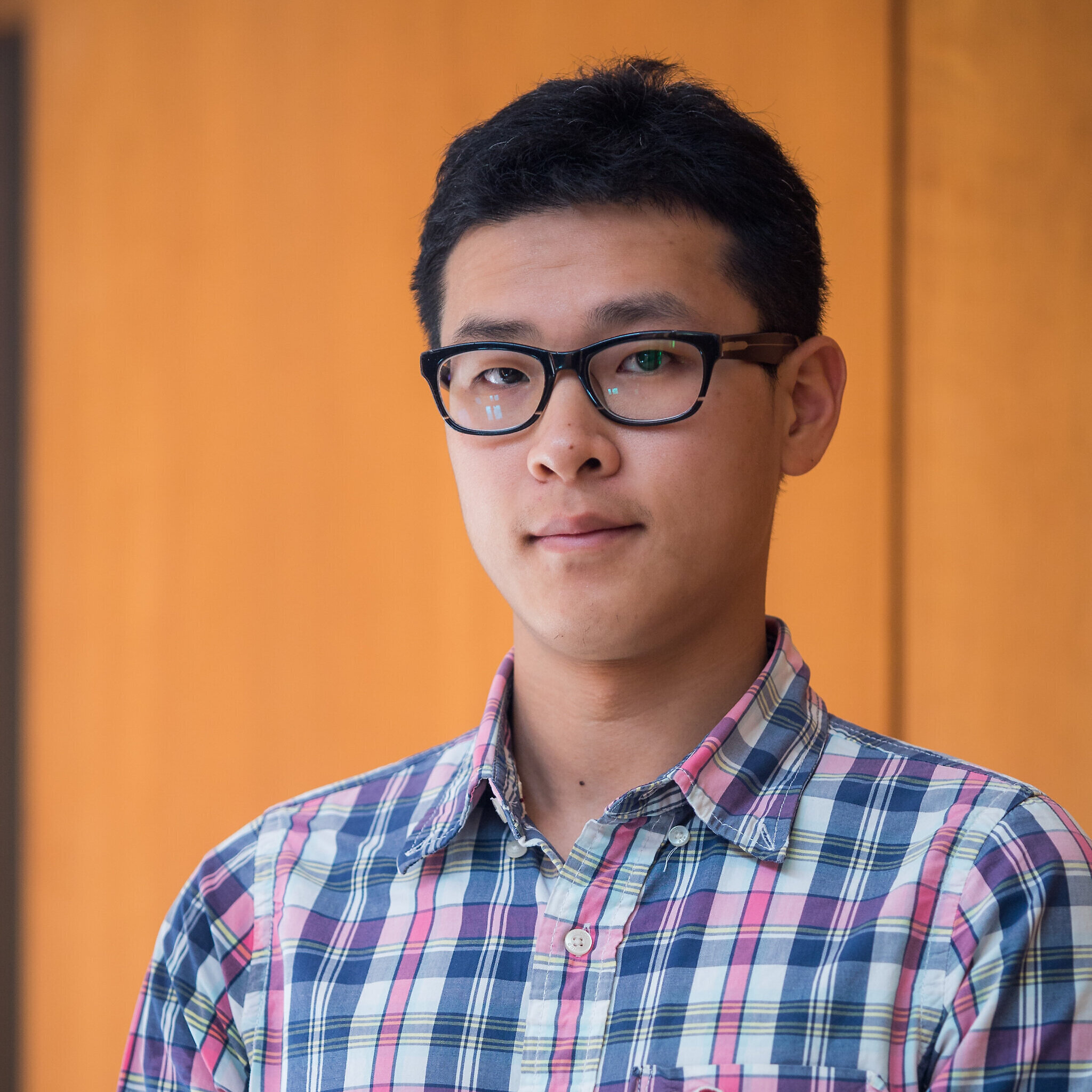
Anthony Wong is a postdoc at MIT Center for Sustainability Science and Strategy. He received his PhD from Boston University in 2022, specializing in atmospheric chemistry and atmosphere-biosphere interaction, which directly led to his involvement as a committee member in the Vegetation Impact Assessment group of Tropospheric Ozone Assessment Report, phase II (TOAR II). His work at MIT involves applying his academic training during his PhD to study air quality and climate issues related to sustainability decision making and energy transition, exemplified by his recently published work, “Climate and Air Quality Impacts of Using Ammonia as an Alternative Shipping Fuel”.
Le Xie
Gordon McKay Professor of Electrical Engineering, Harvard John A. Paulson School of Engineering and Applied Sciences
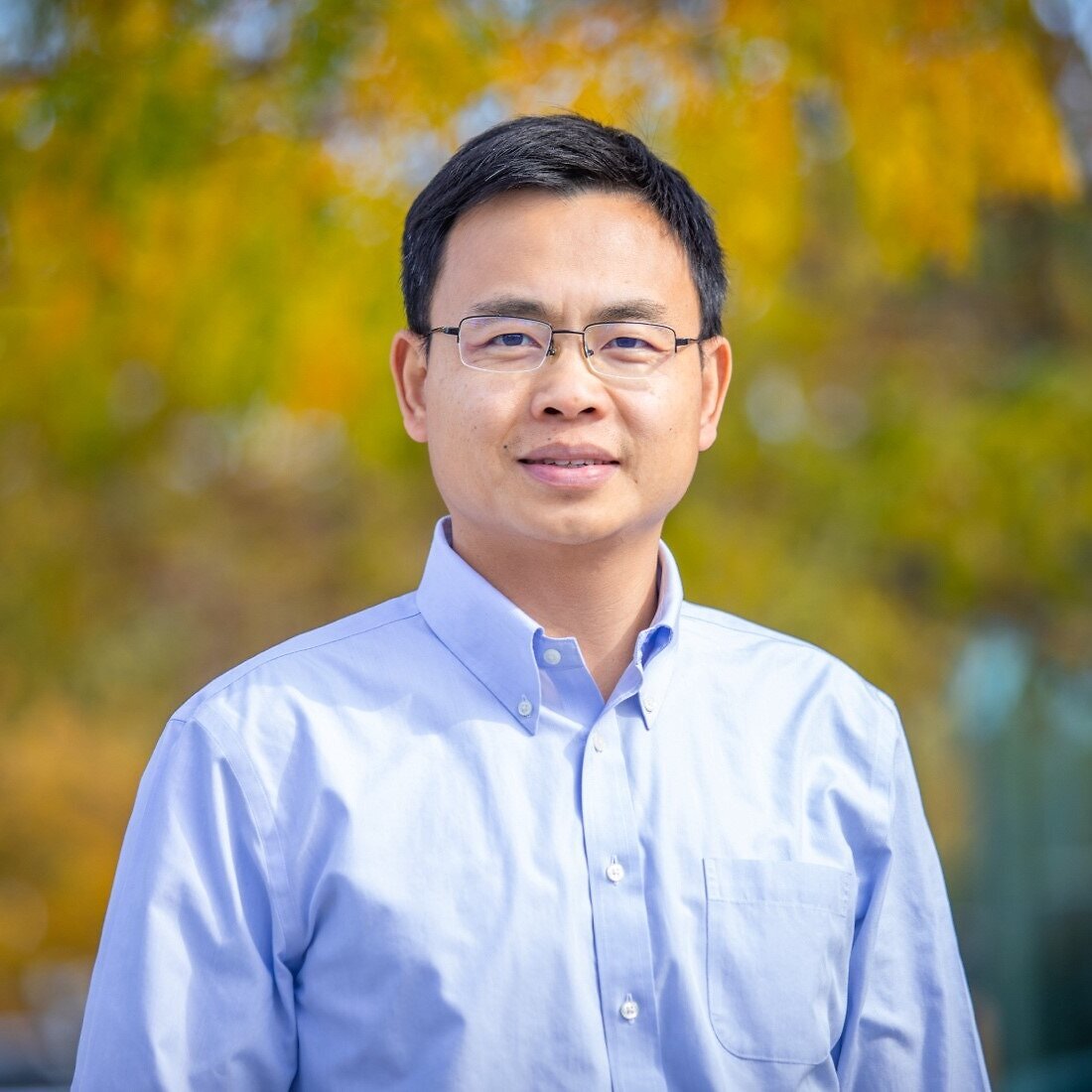
Le Xie is the Gordon McKay Professor of Electrical Engineering at Harvard John A. Paulson School Of Engineering And Applied Sciences. He received BE in electrical engineering from Tsinghua University in 2004, SM in engineering sciences from Harvard in 2005, and PhD in electrical and computer engineering from Carnegie Mellon in 2009. His industry experience includes work at ISO-New England and Edison Mission Energy Marketing and Trading. His research interest includes modeling and control in data-rich large-scale systems, grid integration of clean energy resources, and electricity markets.
Xie is a fellow of IEEE, IEEE PES Distinguished Lecturer, and recipient of several prestigious awards, including the NSF CAREER Award, the 2021 IEEE Technical Committee on Cyber-Physical Systems Mid-Career Award, and the 2017 IEEE PES Outstanding Young Engineer Award. He was the recipient of Texas A&M Dean of Engineering Excellence Award, ECE Outstanding Professor Award, and TEES Select Young Fellow. He serves or have served on the Editorial Board of IEEE Transactions on Power Systems (Senior Editor), IEEE Transactions on Smart Grid, and IET Transaction on Smart Grid. He is the founding chair of IEEE PES Subcommittee on Big Data & Analytics for Grid Operations. His team received the IEEE PES Technical Committee Prize Paper award, and multiple Best Paper awards at North American Power Symposium 2012, IEEE SmartGridComm 2013, HICSS 2019 and 2021, IEEE Sustainable Power & Energy Conference 2019, and IEEE PES General Meeting 2020/2023.
Ruixiao Yang
PhD Student, MIT Department of Aeronautics and Astronautics
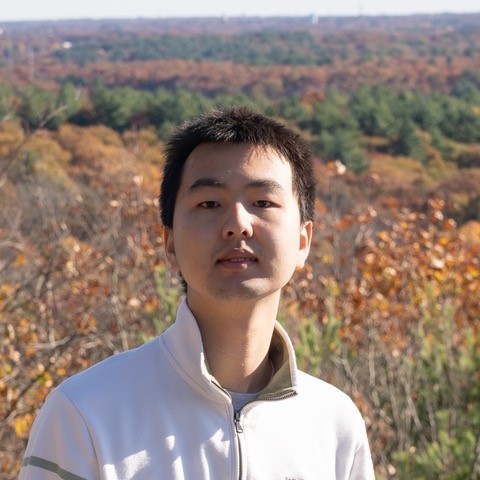
Ruixiao Yang is a third-year graduate student in the REALM lab in the Department of Aeronautics and Astronautics at MIT. He received his Bachelor of Engineering degree in computer science from Tsinghua University, Beijing, China in 2022 and Master of Science in Engineering degree in aeronautics and astronautics from Massachusetts Institute of Technology, MA, USA in 2024. His research interests include combinatorial optimization problems in robotics/logistics area and heuristics/machine learning methods for optimization.
Akshat S. Zalte
PhD Student, Green Research Group, MIT Department of Chemical Engineering
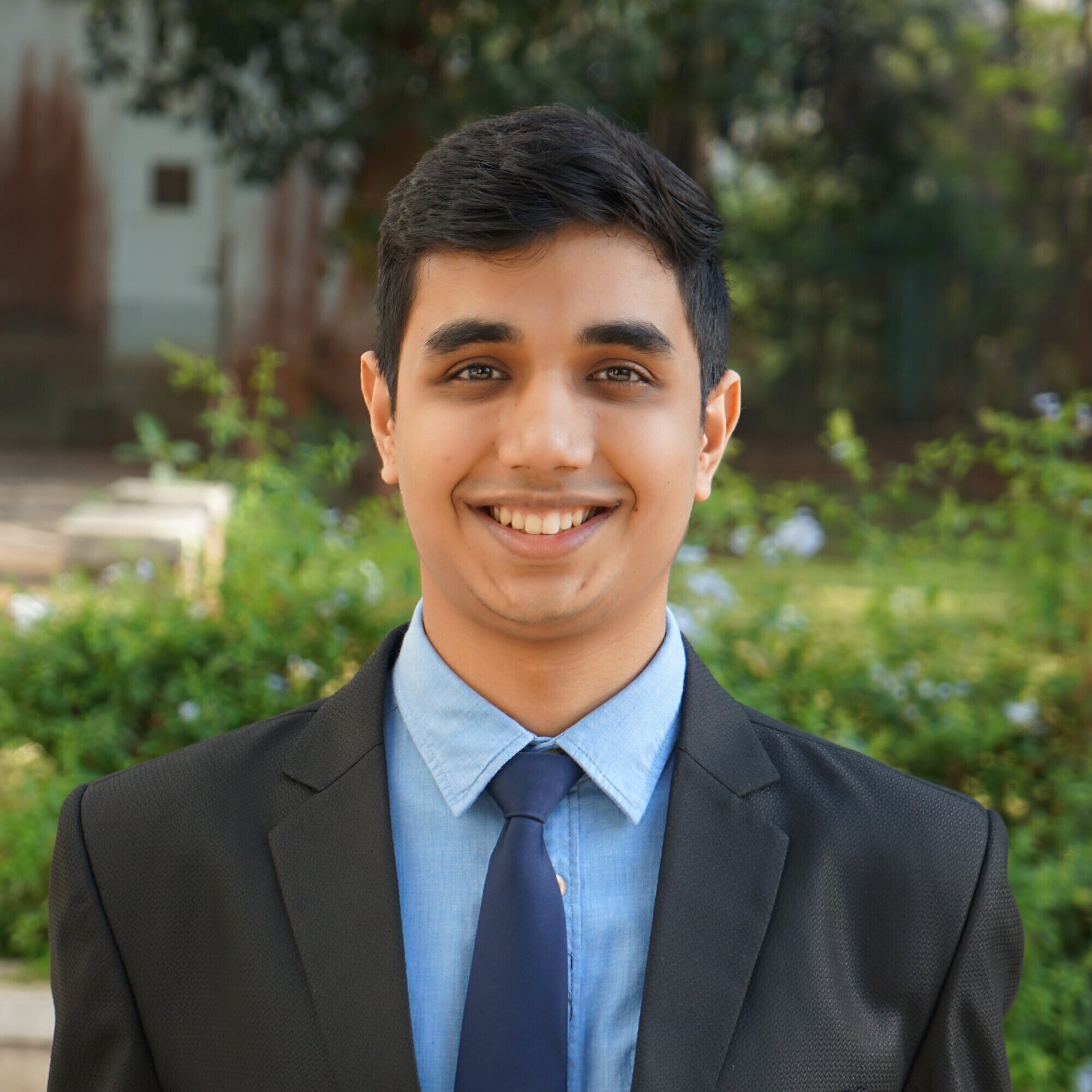
Akshat Zalte is a PhD student advised by Professor William H. Green in the Department of Chemical Engineering. He received his Bachelor in Technology (with honors) in chemical engineering from IIT Bombay, India. Zalte was awarded MathWorks 2024 fellowship to advance his research on liquid energy carriers, integrating computational and experimental approaches. Currently, he leads the effort focused on the utilization of waste heat from liquid fuel synthesis in the hydrogen production process via detailed process simulations and techno-economic assessments. Previously, he has worked on machine learning techniques for molecular property prediction necessary to inform physics-based process simulations of unit operations. Zalte has also undertaken a research internship at Purdue University where he contributed to the modeling of crystallization of polymorphic systems.
Guiyan Zang
Research Scientist, MIT Energy Initiative
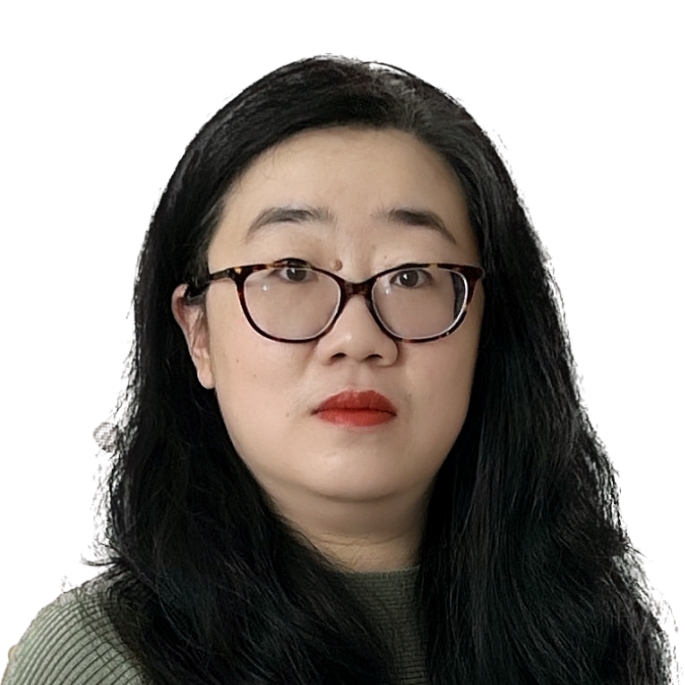
Guiyan Zang is a research scientist at the MIT Energy Initiative (MITEI), where she leads the research of techno-economic analysis (TEA), life cycle analysis (LCA), and supply chain analysis. She has contributed to the projects on low-carbon fuel production (electro-fuel, ammonia, methanol, hydrogen, Fischer–Tropsch fuel), industrial decarbonization (Iron/steel, refinery, cement, ethylene), power generation (novel power generation system design and low-carbon fuel used for power generation), and building decarbonization (office building energy supply system design). She contributed to the development of SESAME software, which is a novel, system-scale energy analysis tool to assess the system-level greenhouse gas emissions and cost of hundreds of individual energy pathways. Before joining MIT, she worked for Argonne National Laboratory (ANL) on energy conversion system design, TEA, and LCA. She has taken part in the development of GREET software and has received two Impact Argonne Awards. She holds a PhD in mechanical engineering from the University of Iowa.